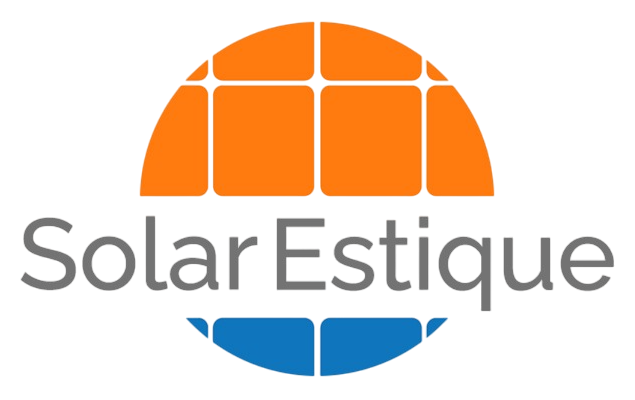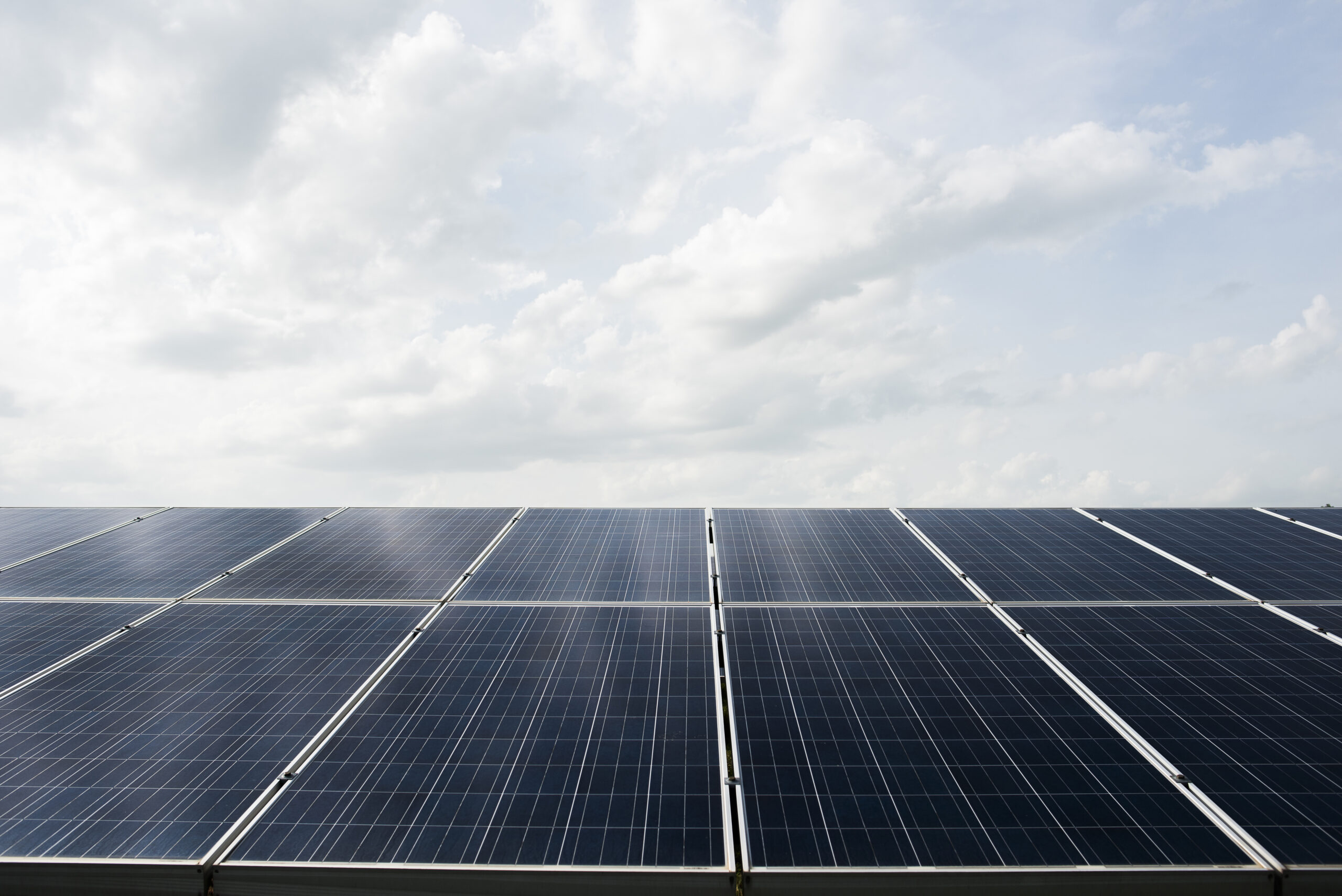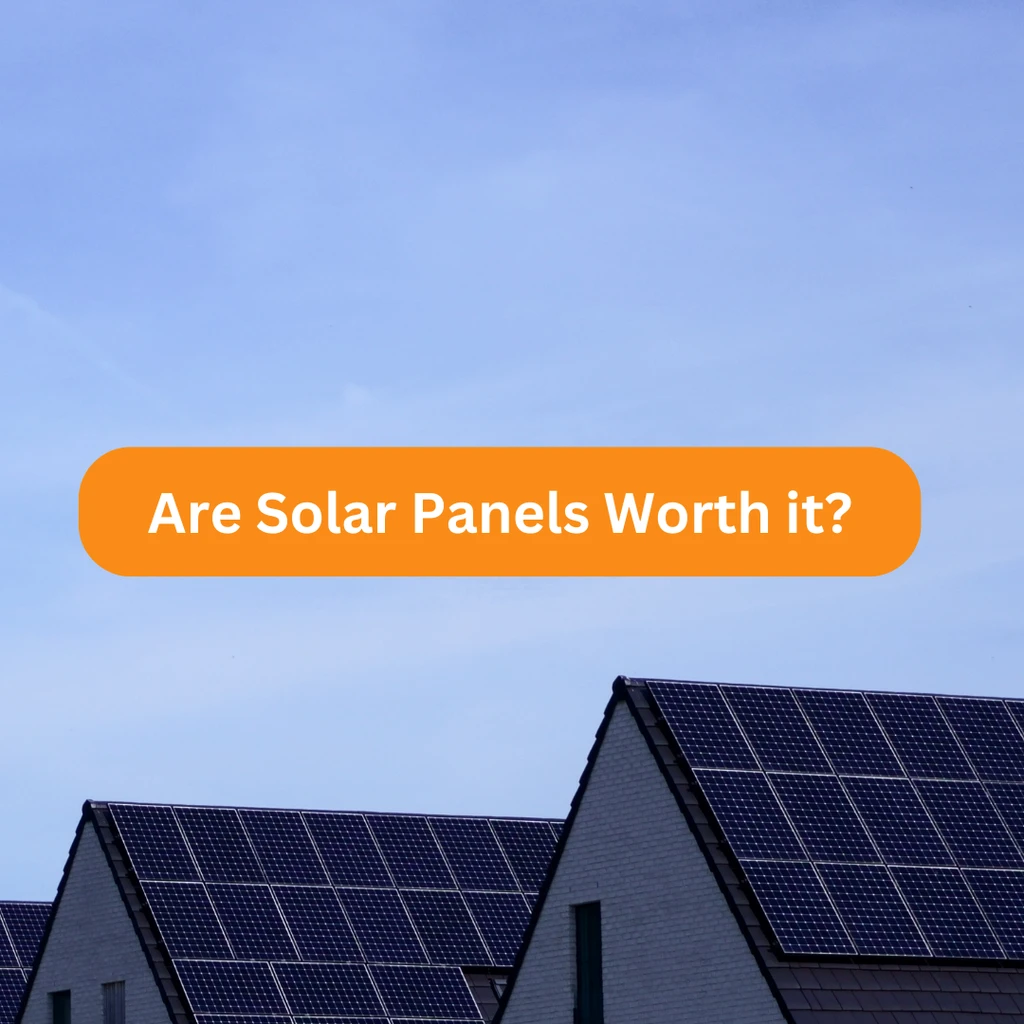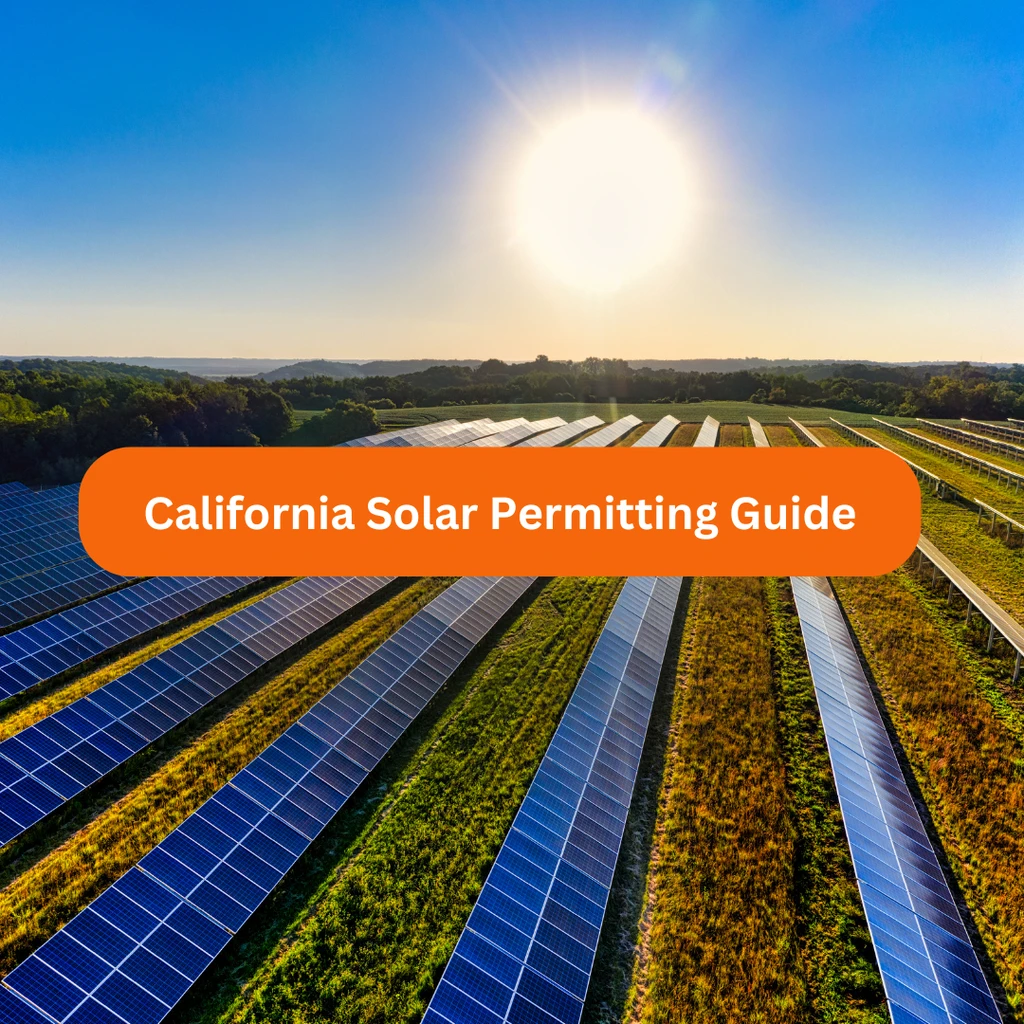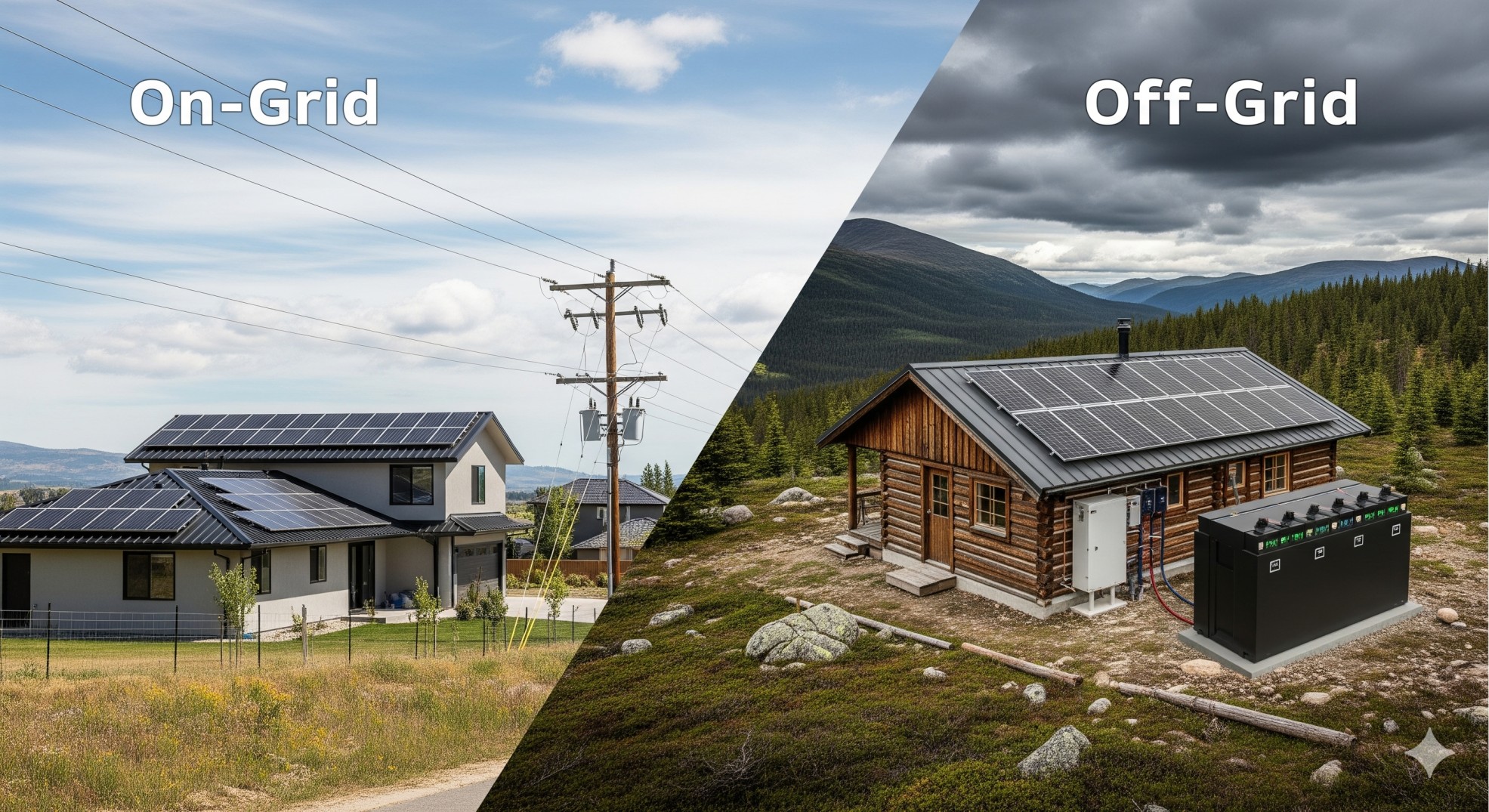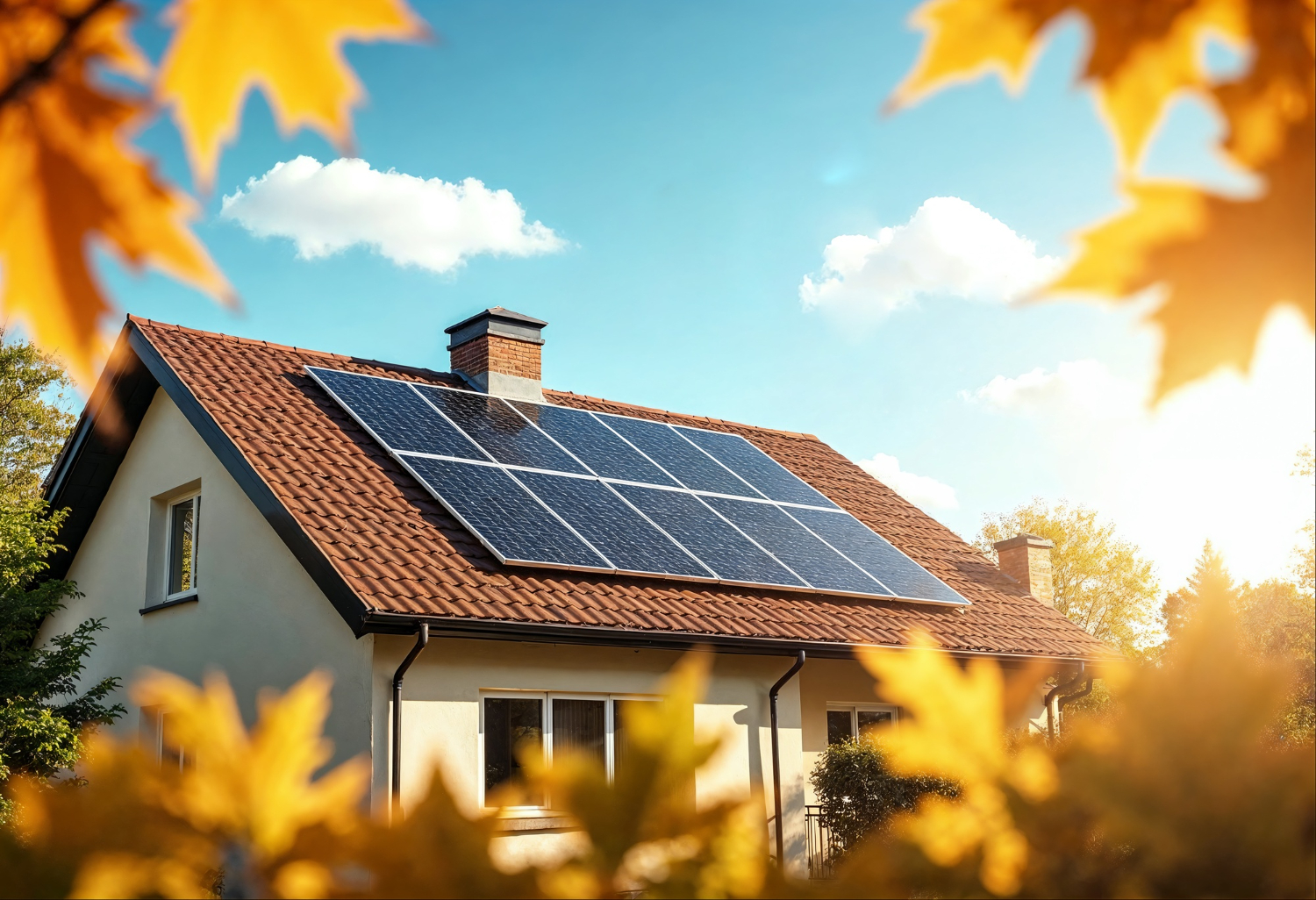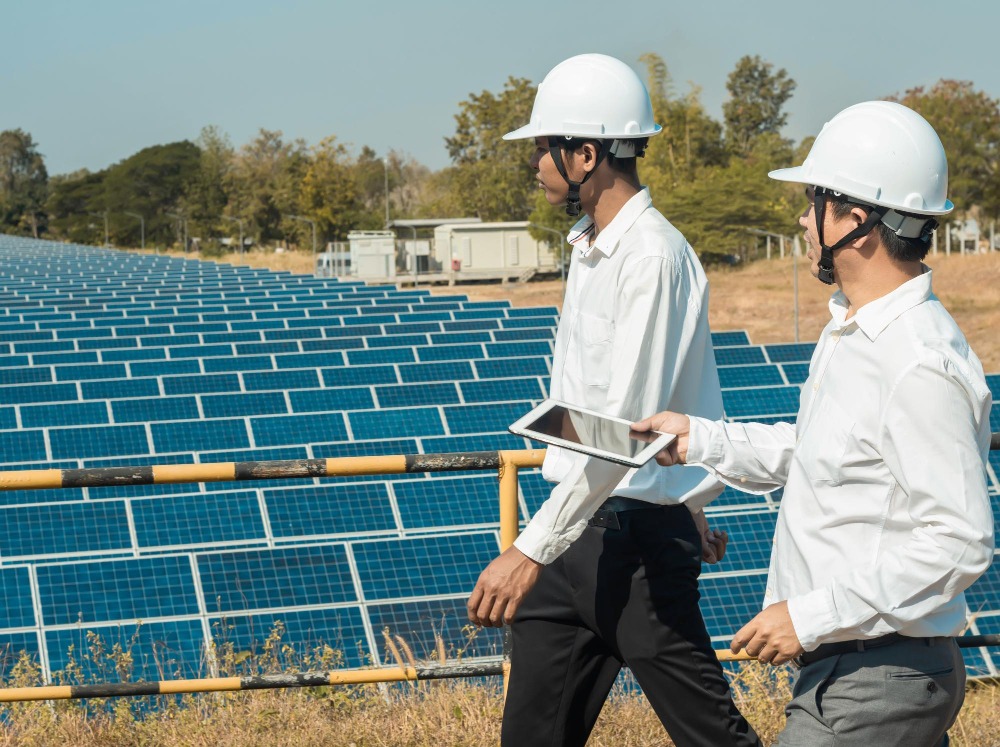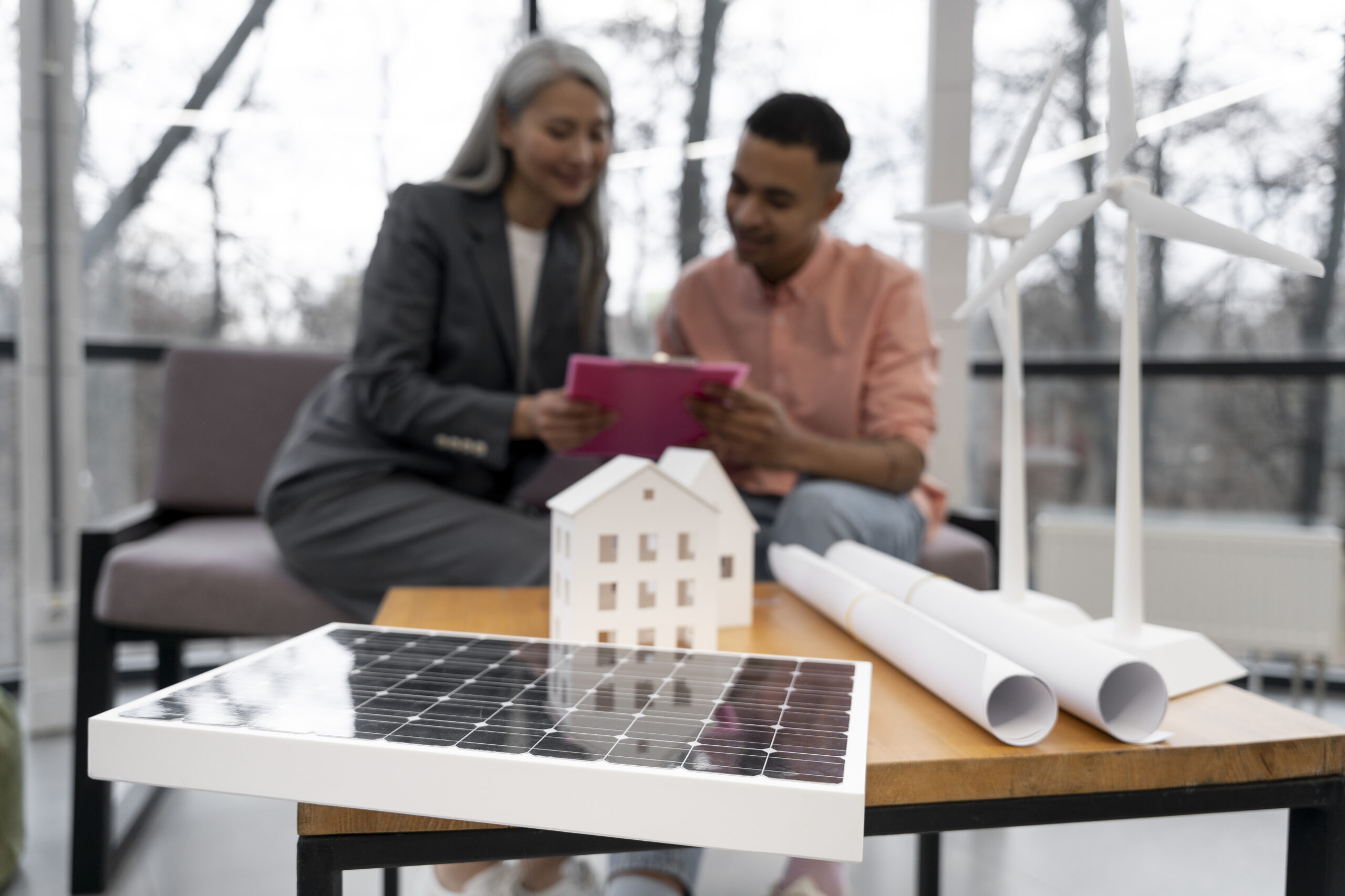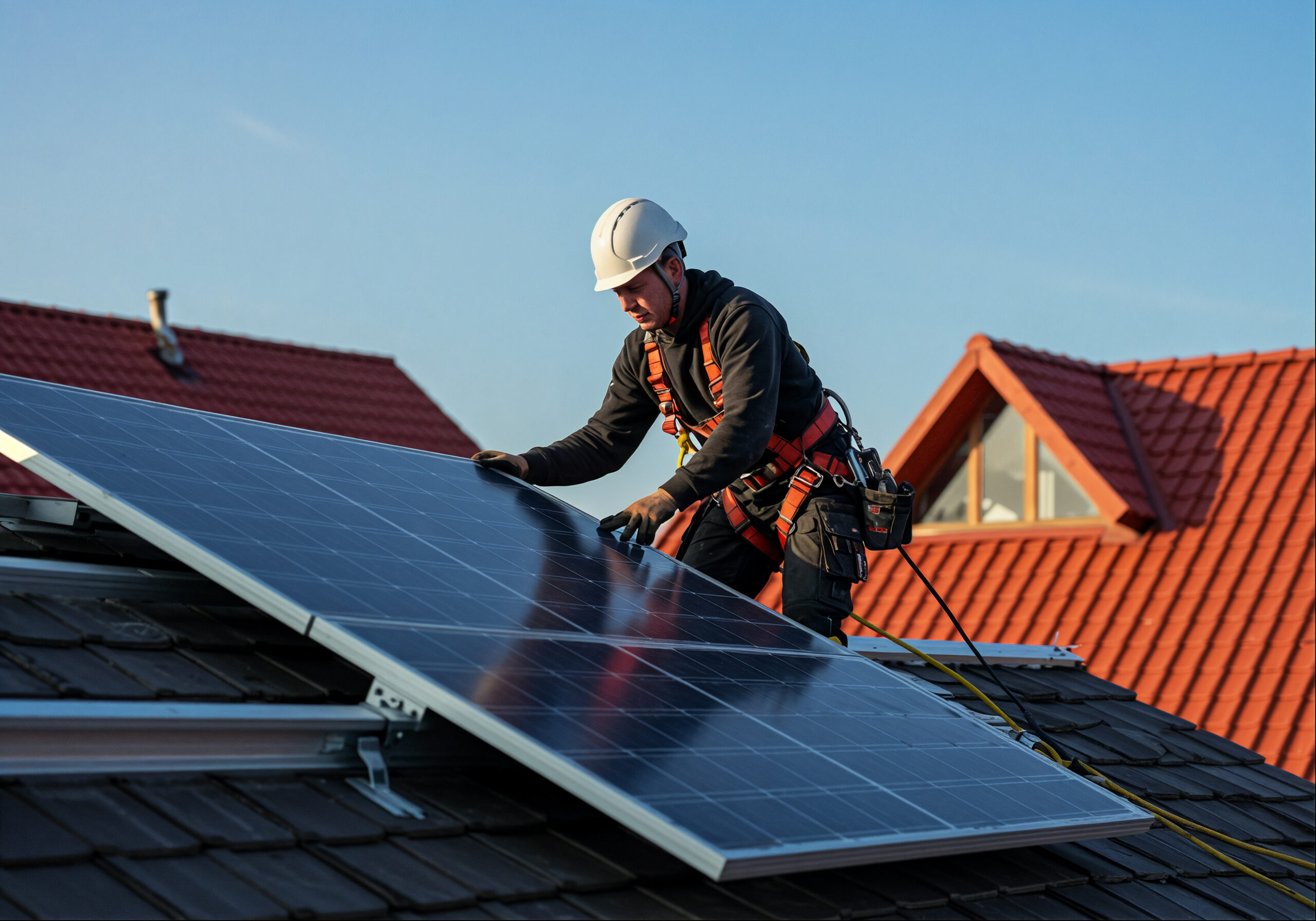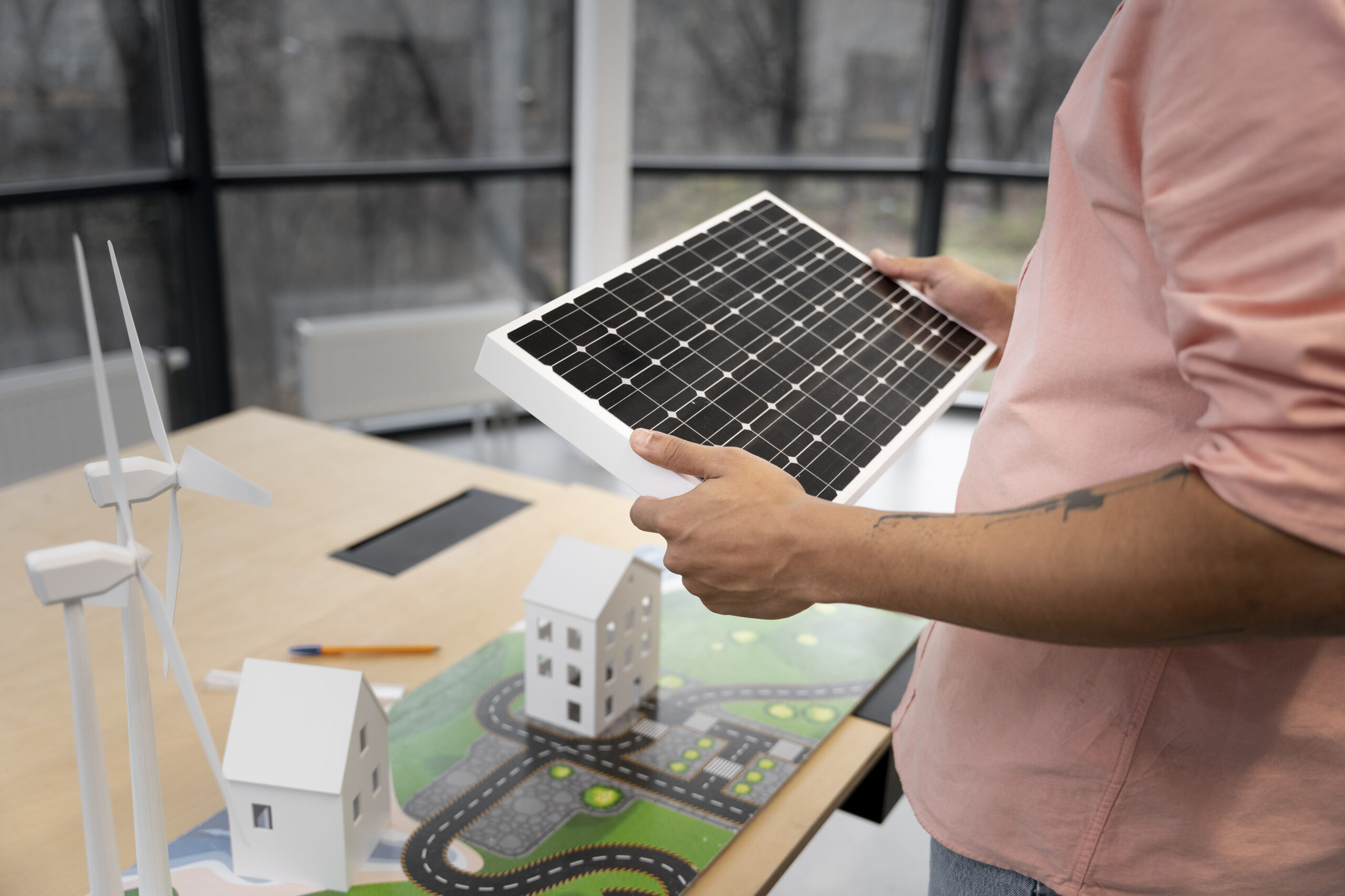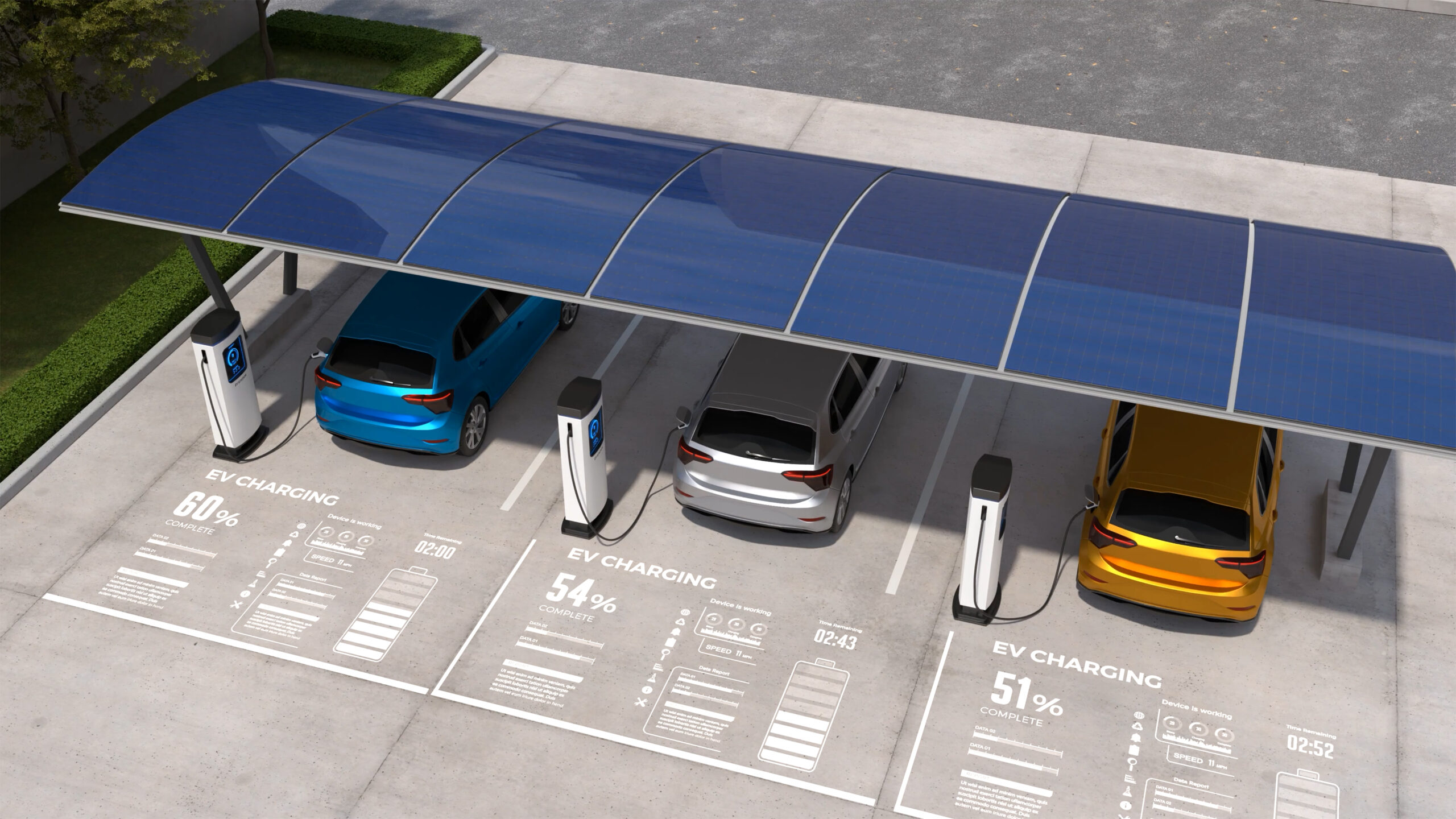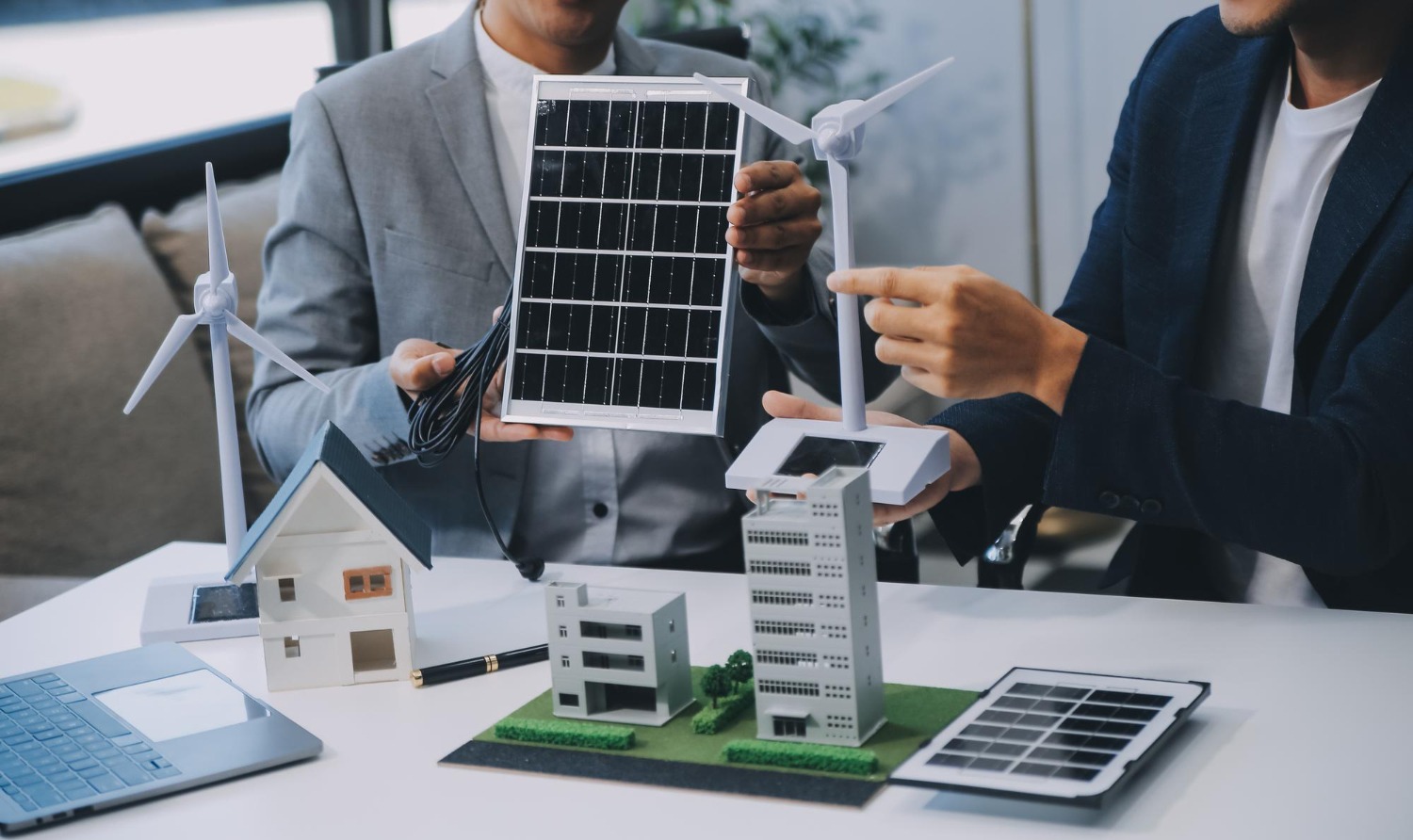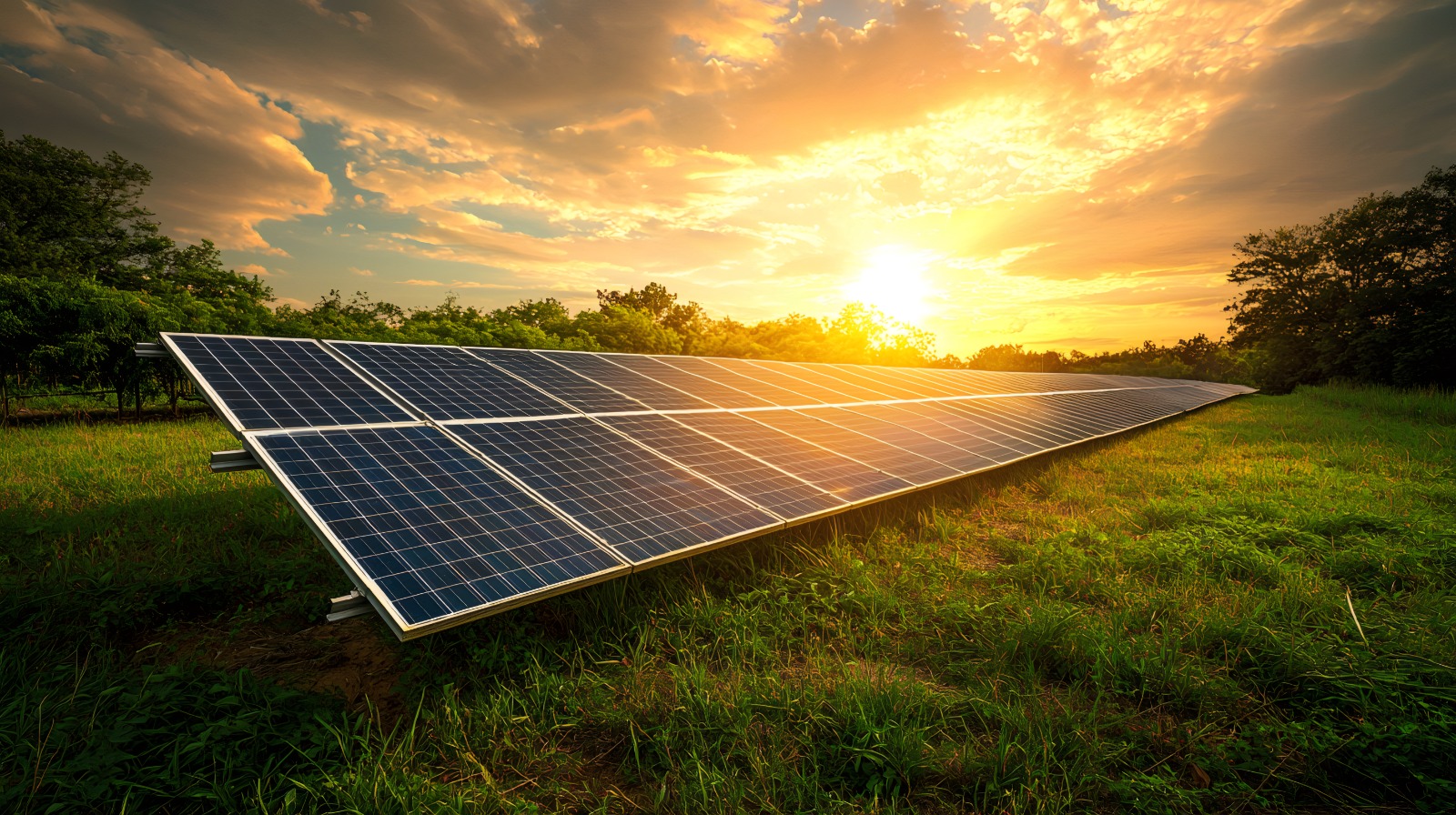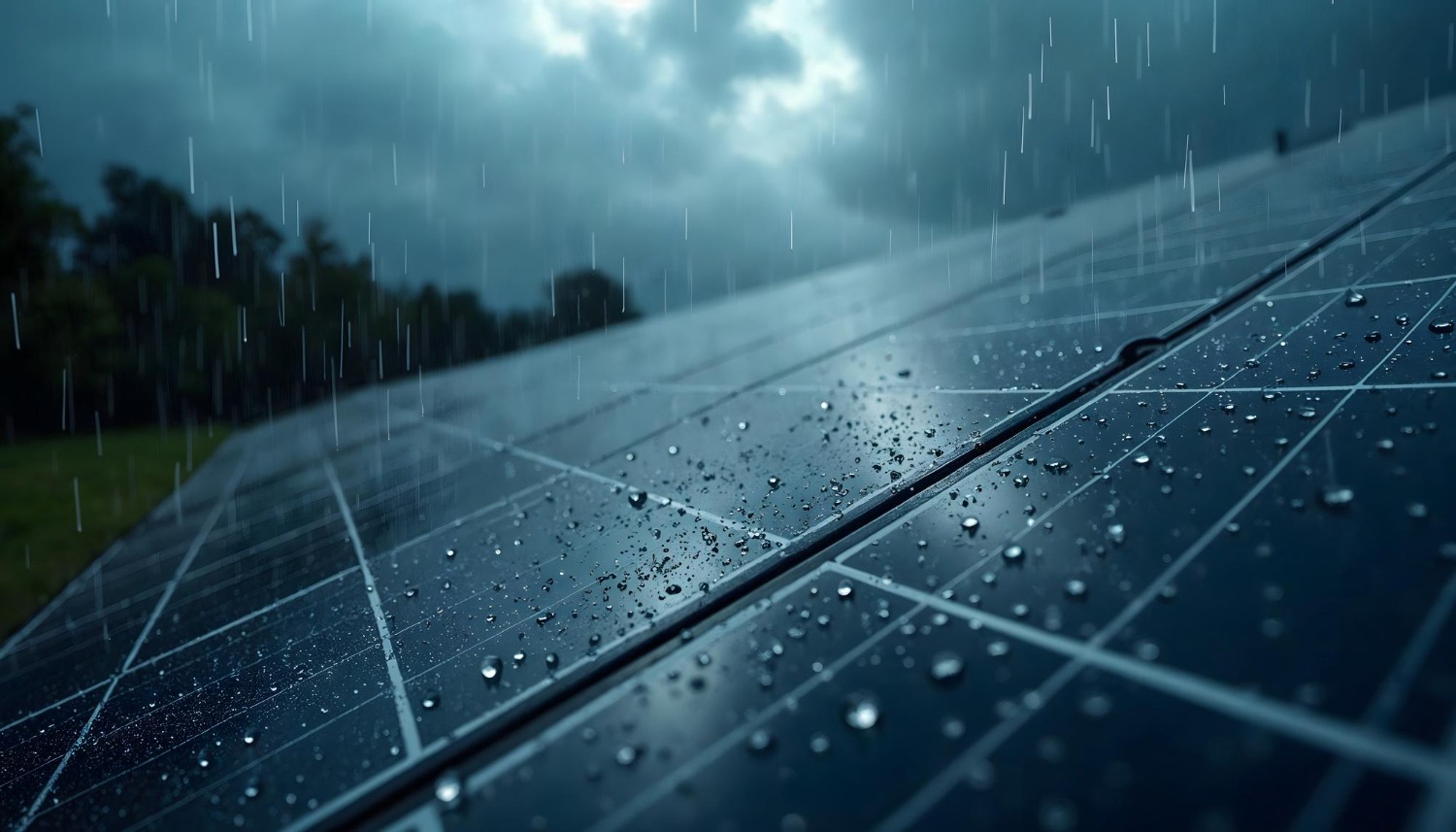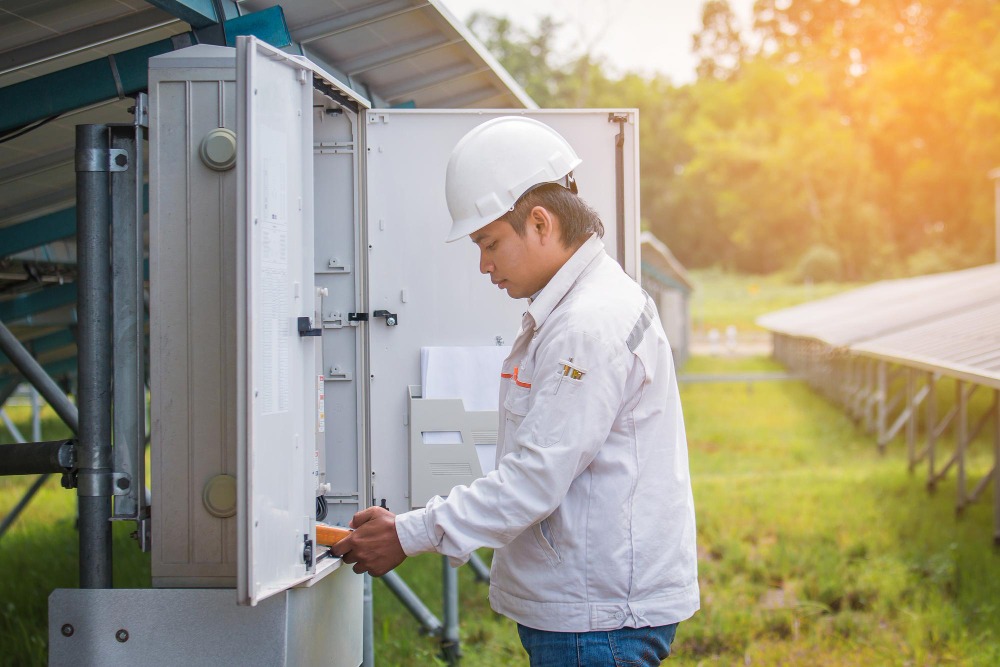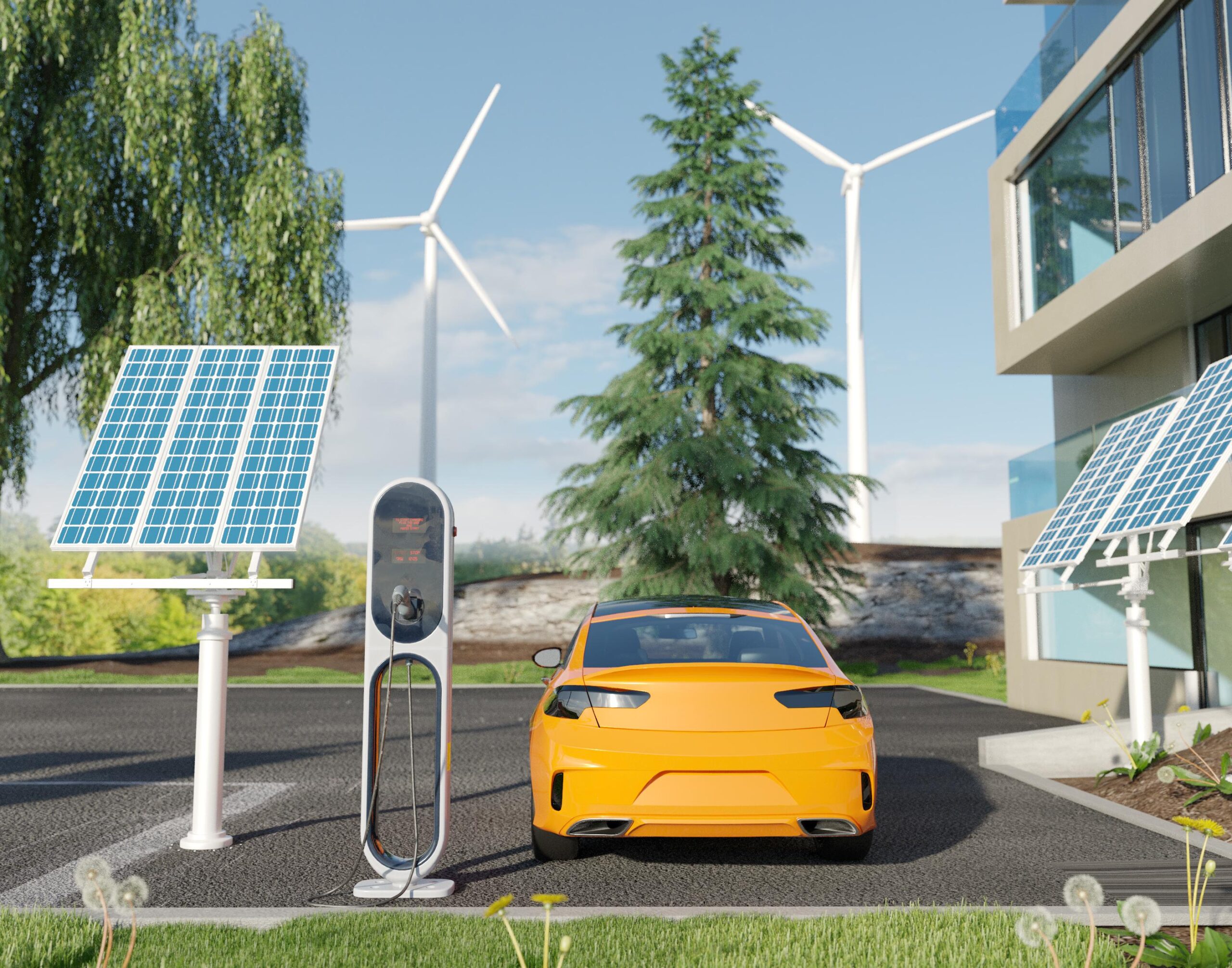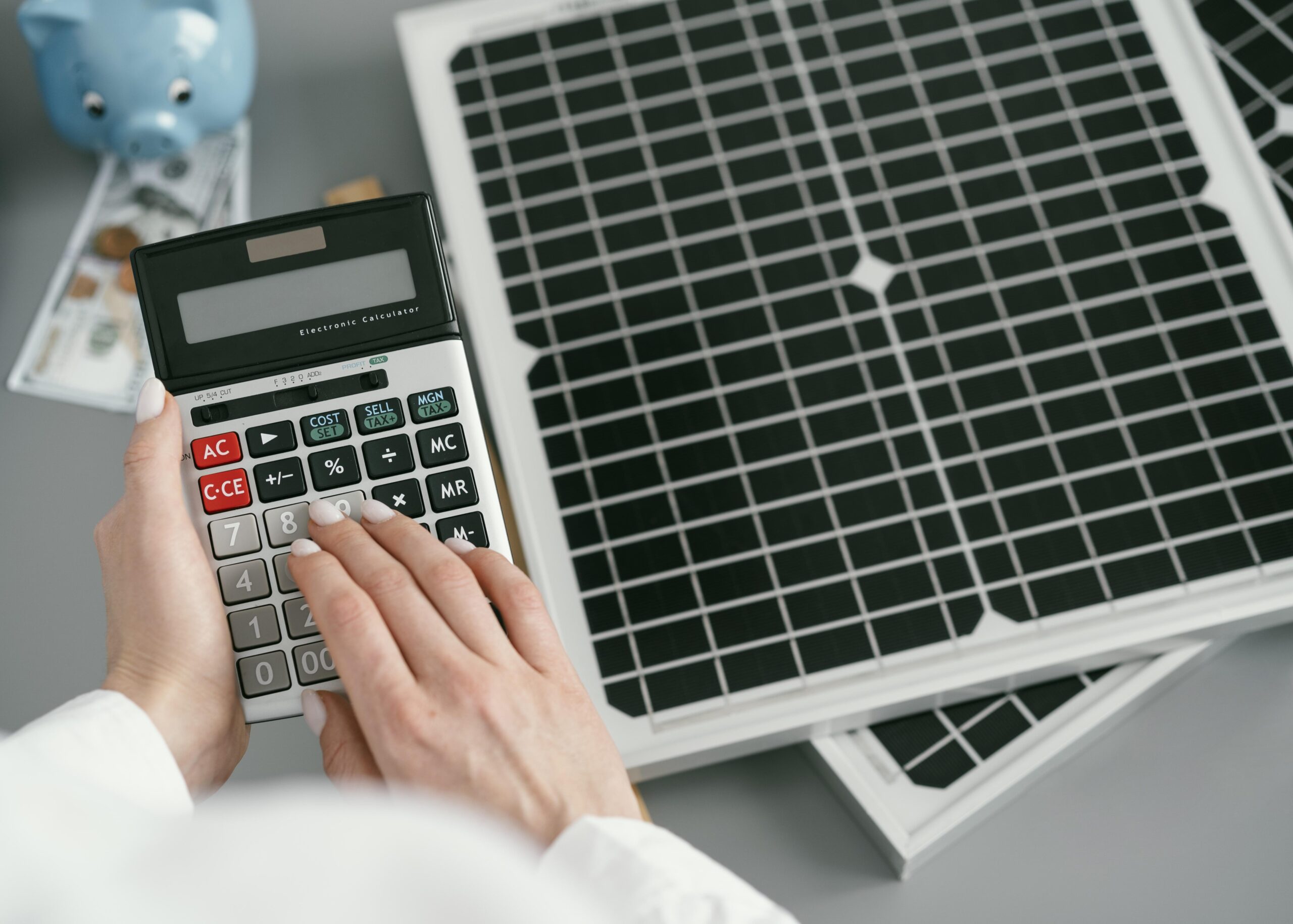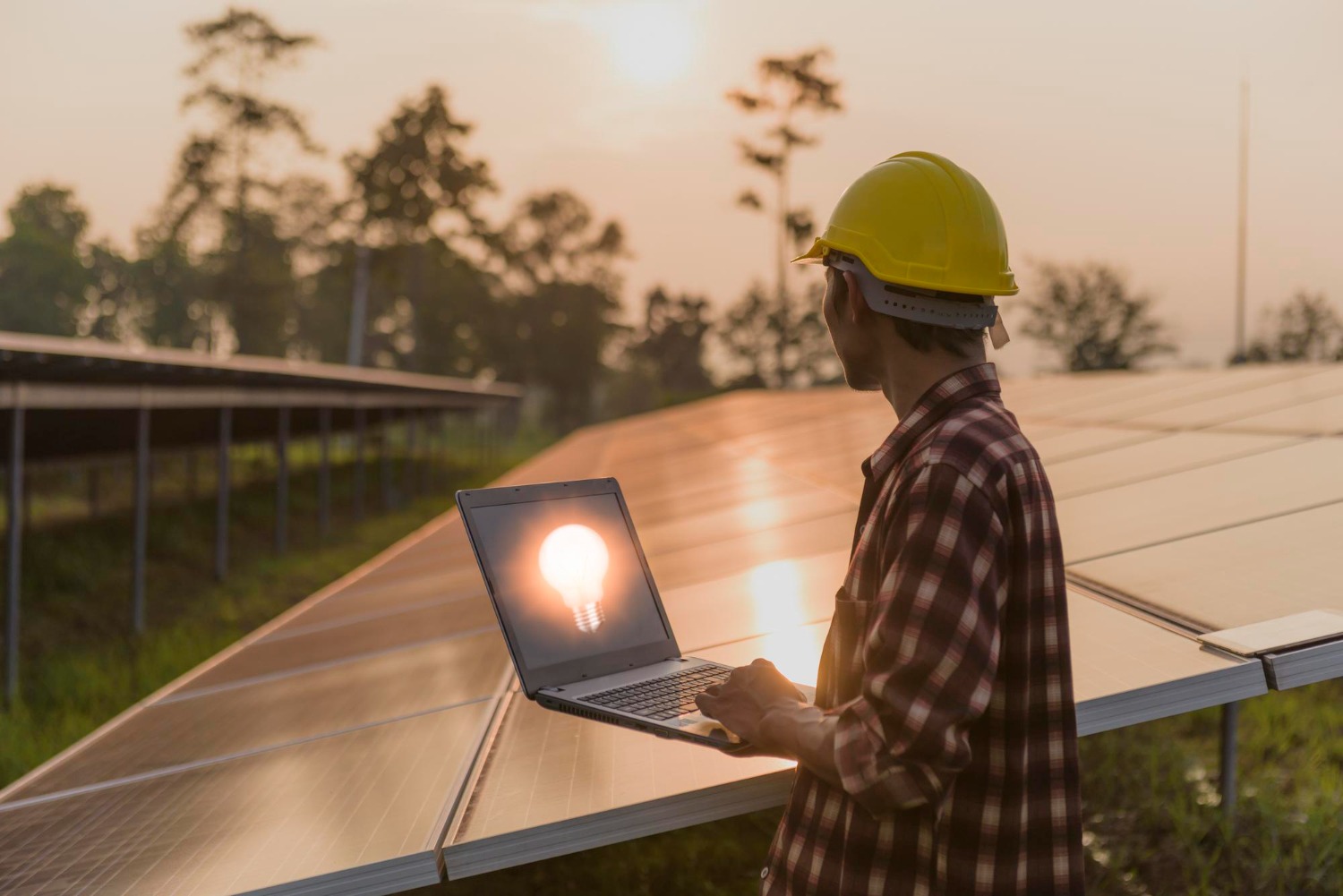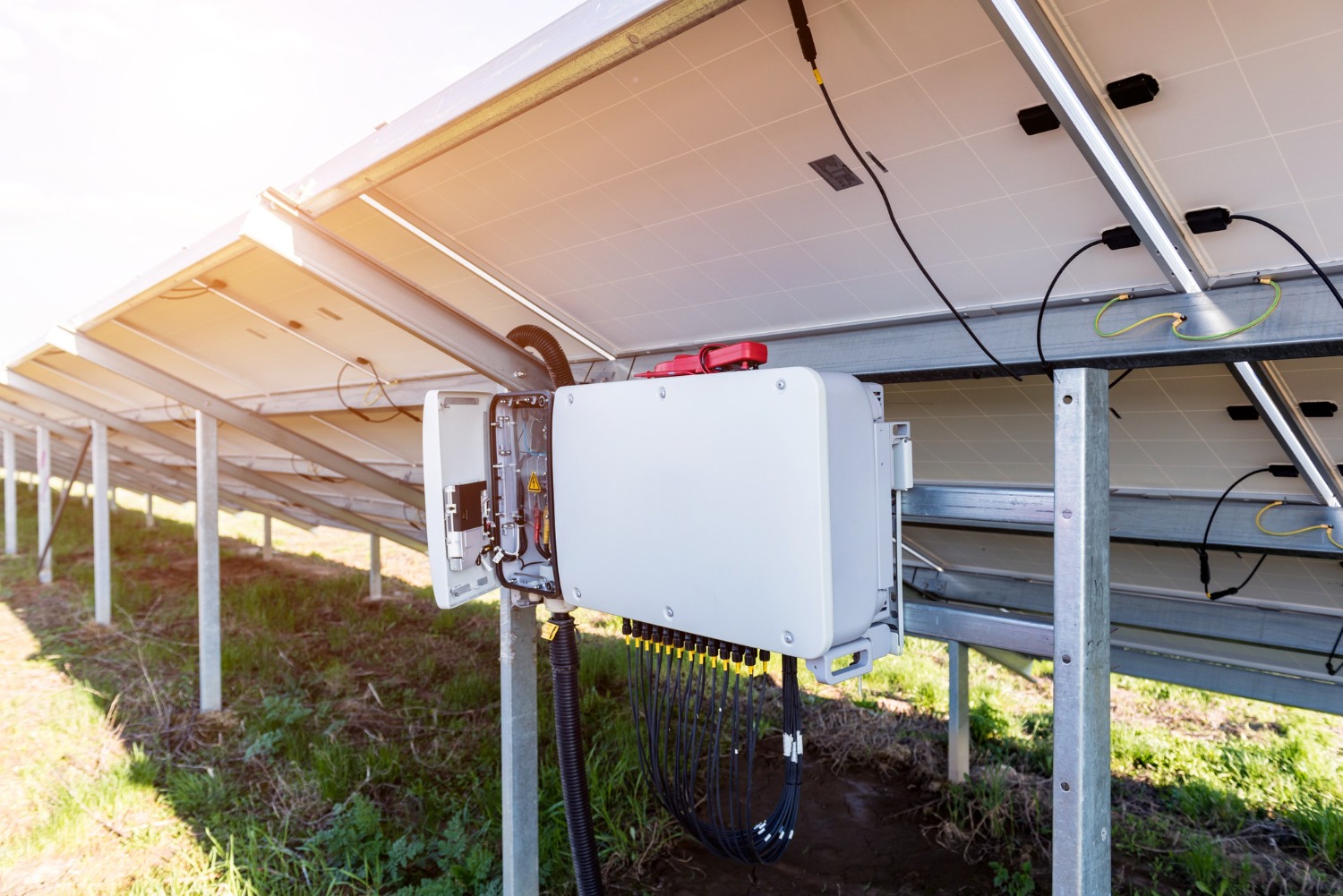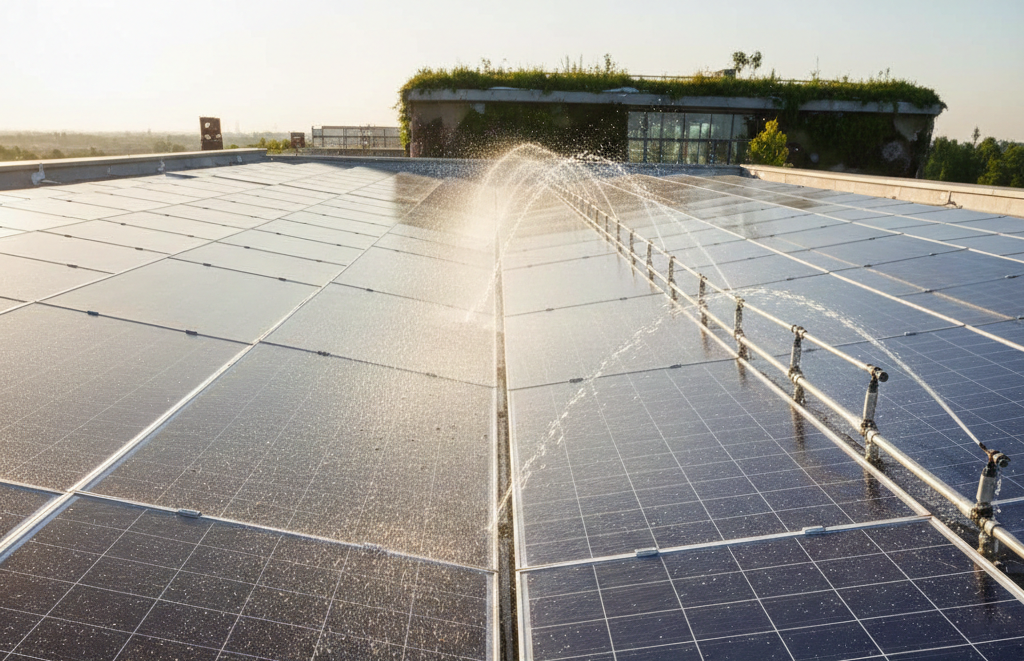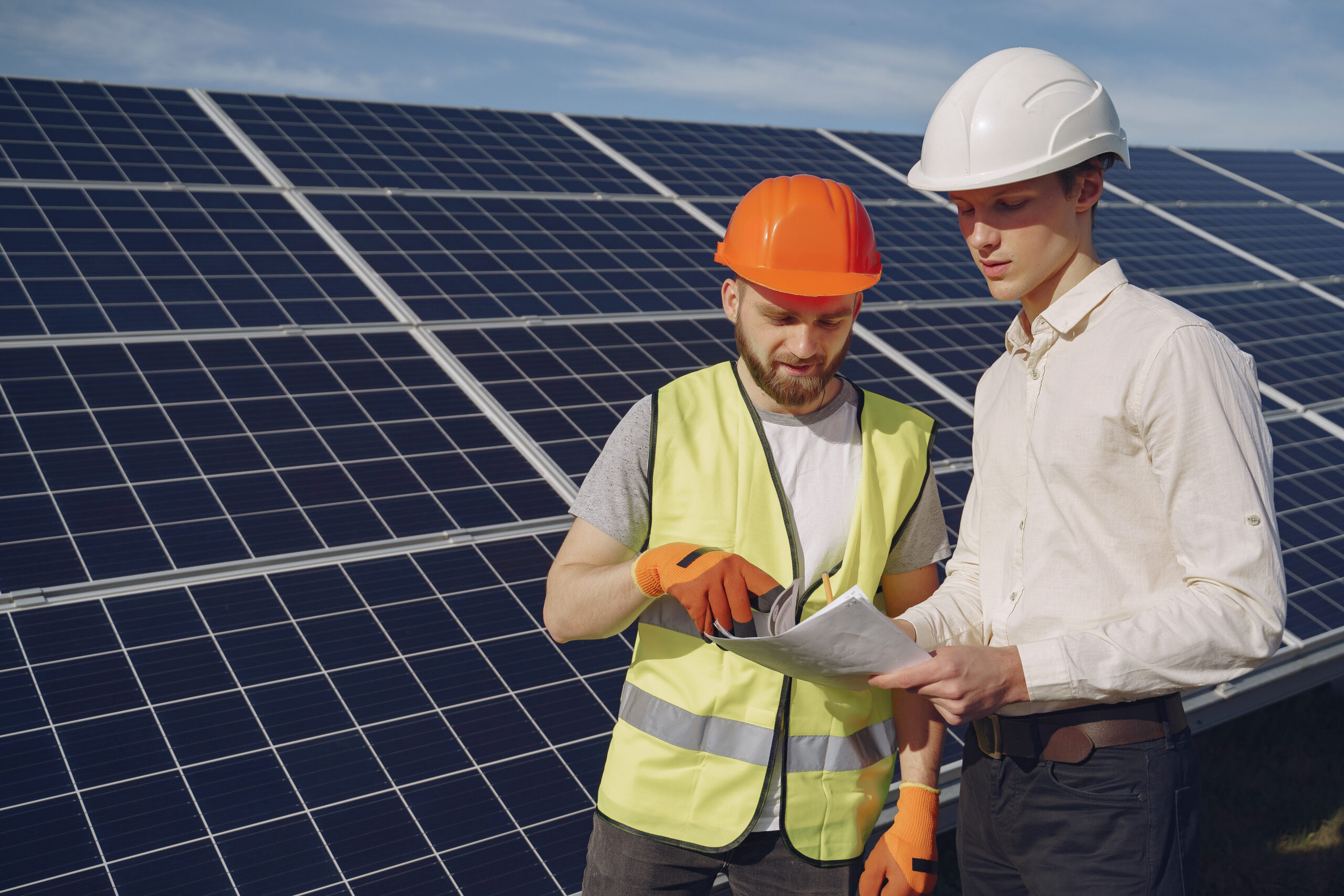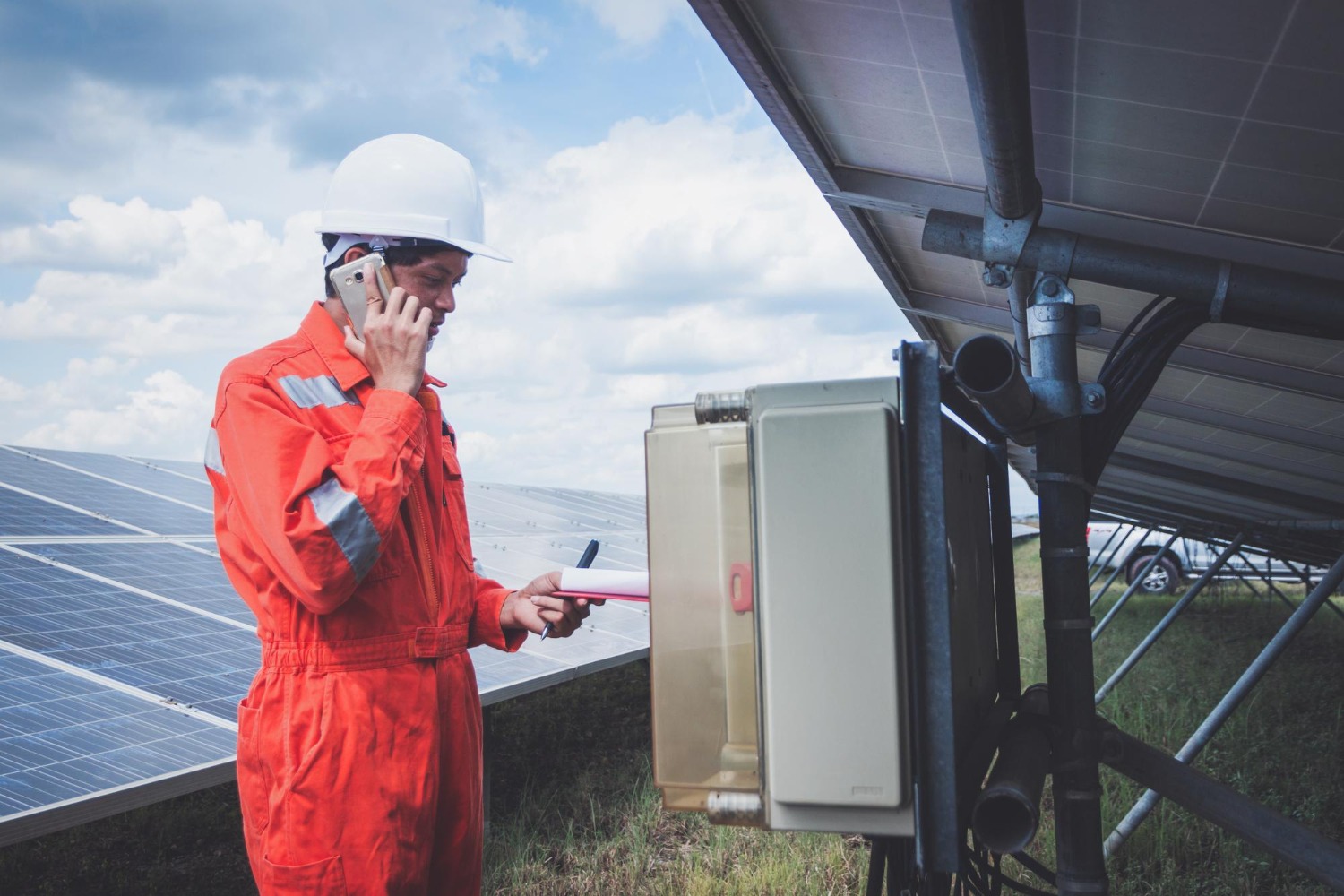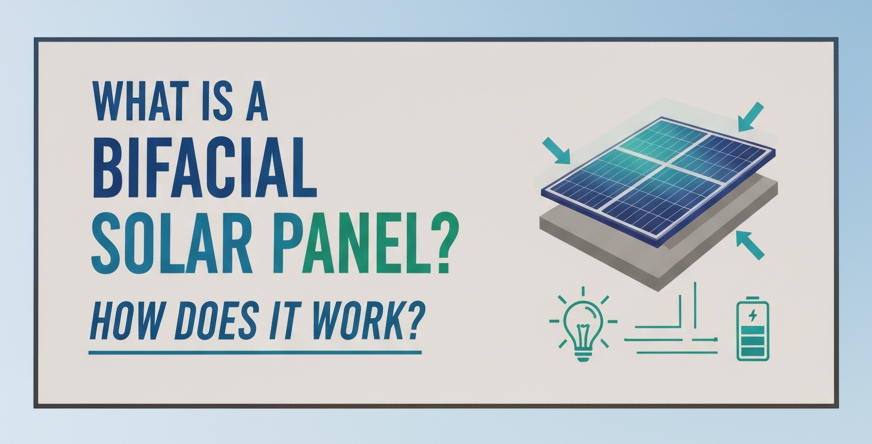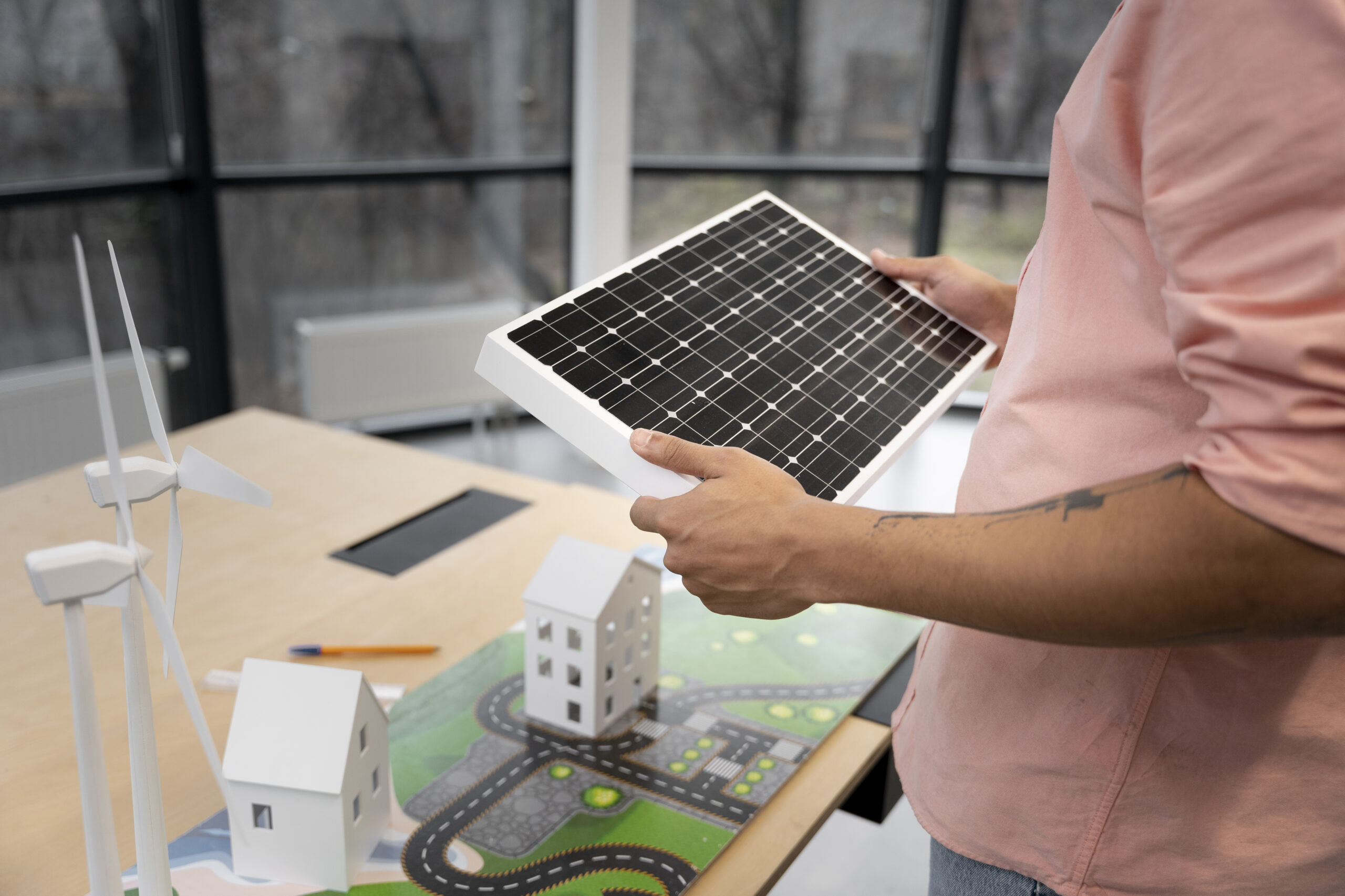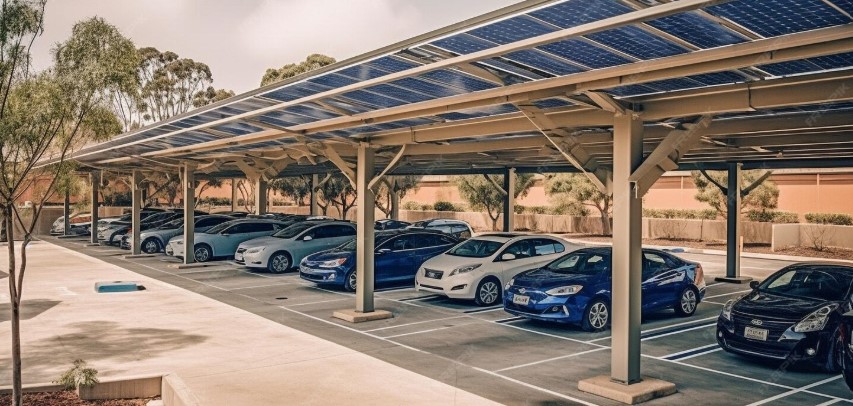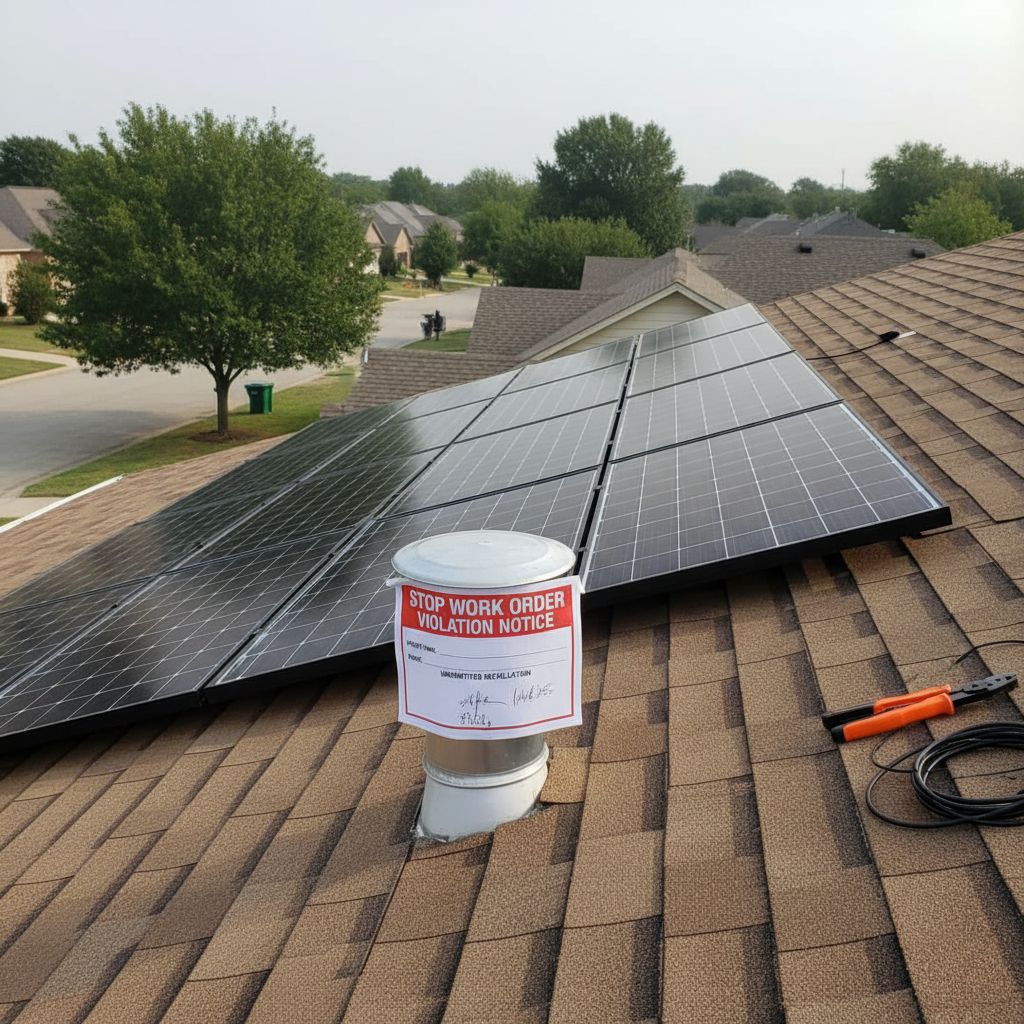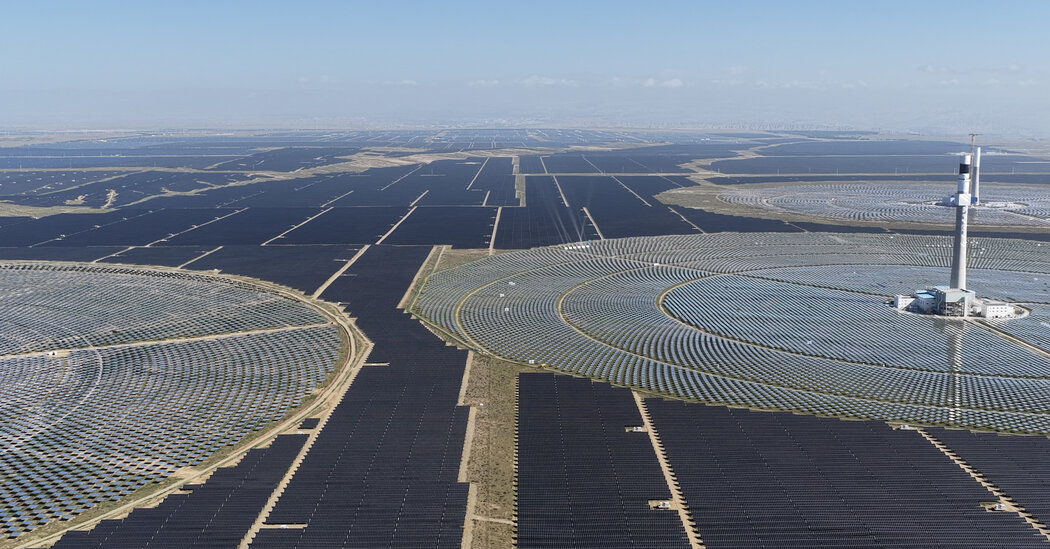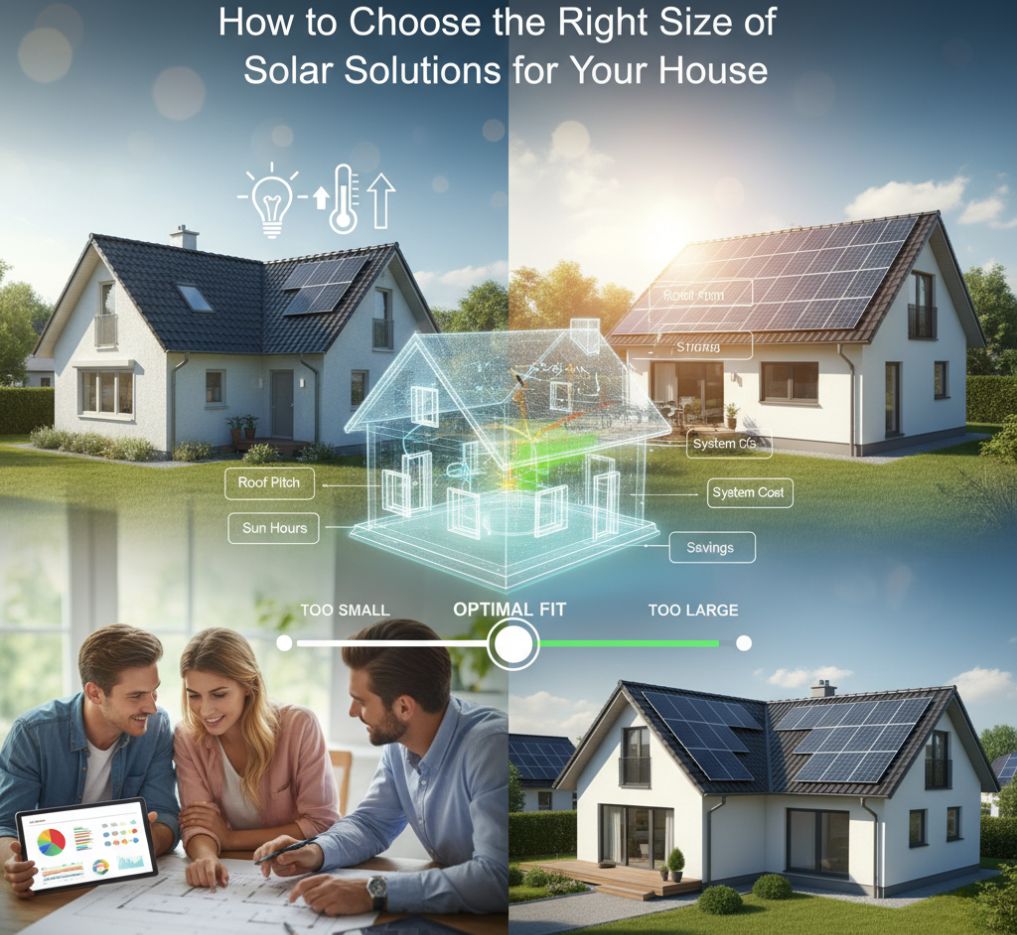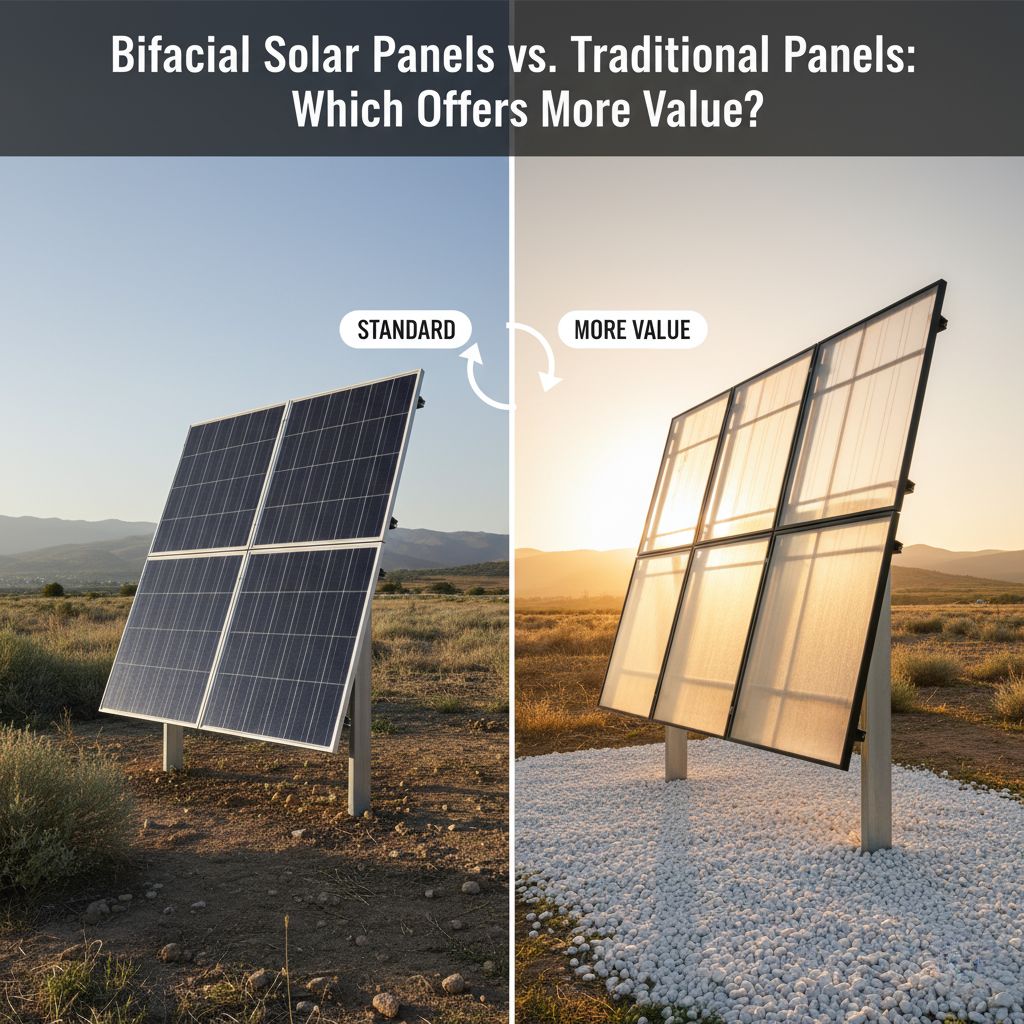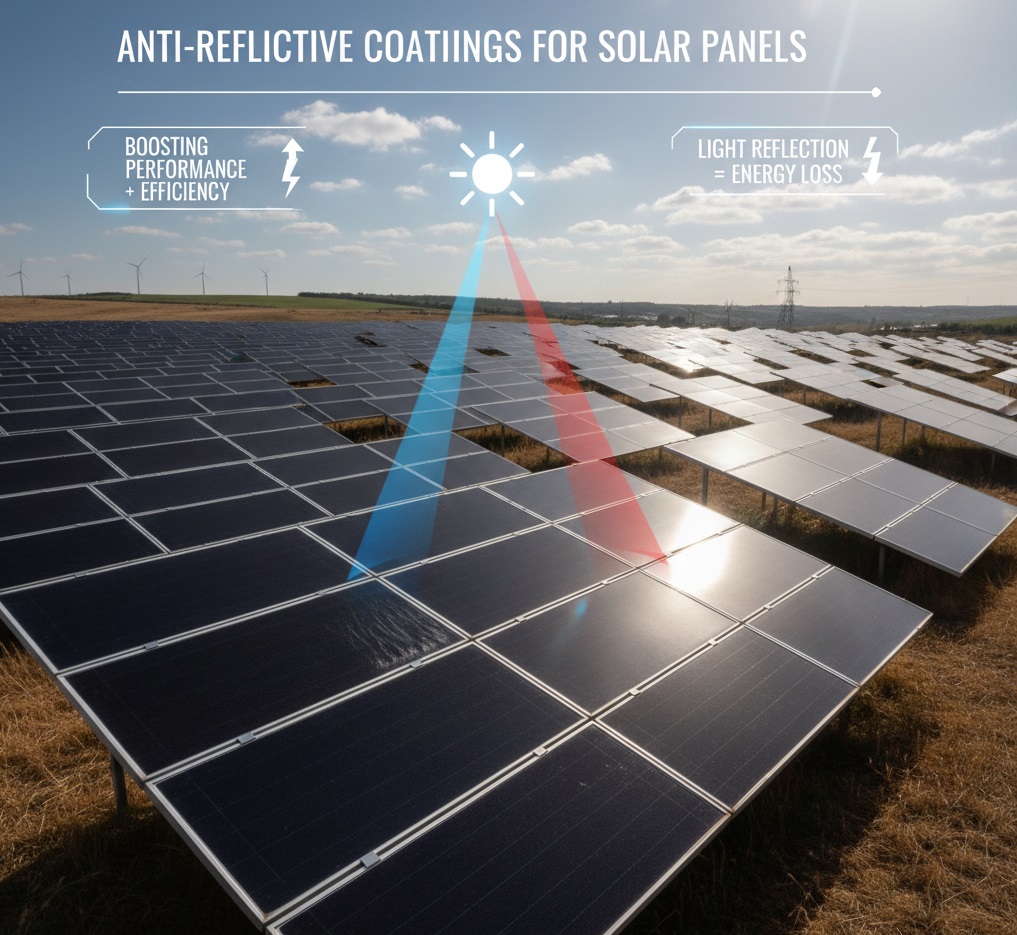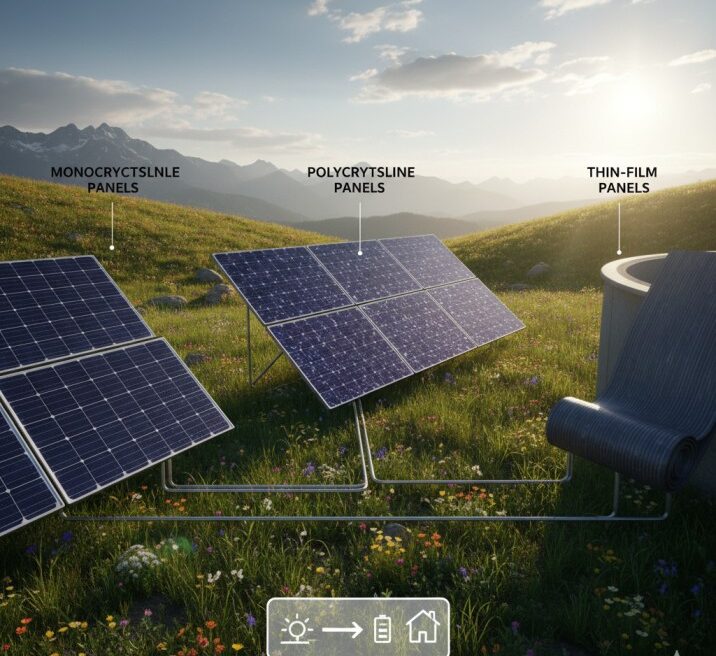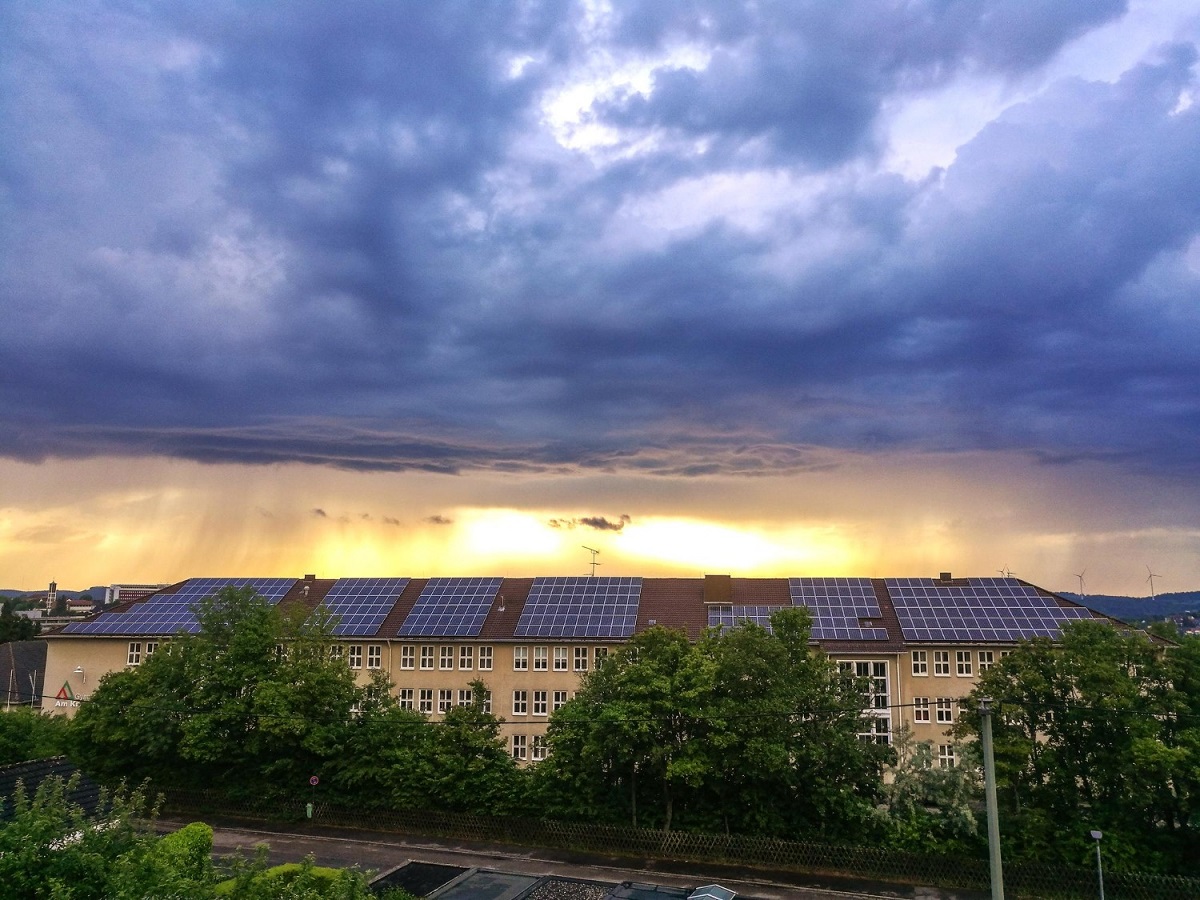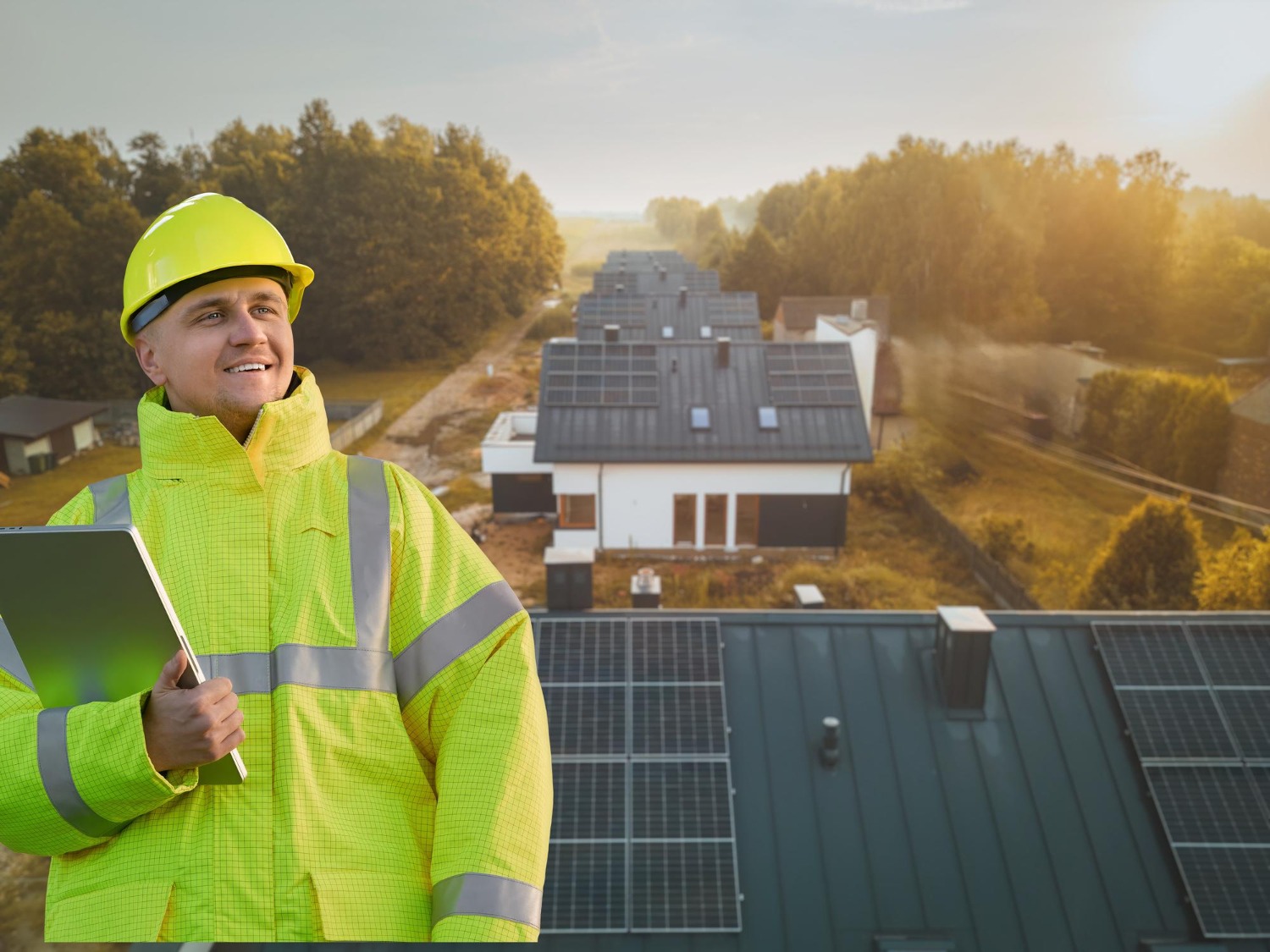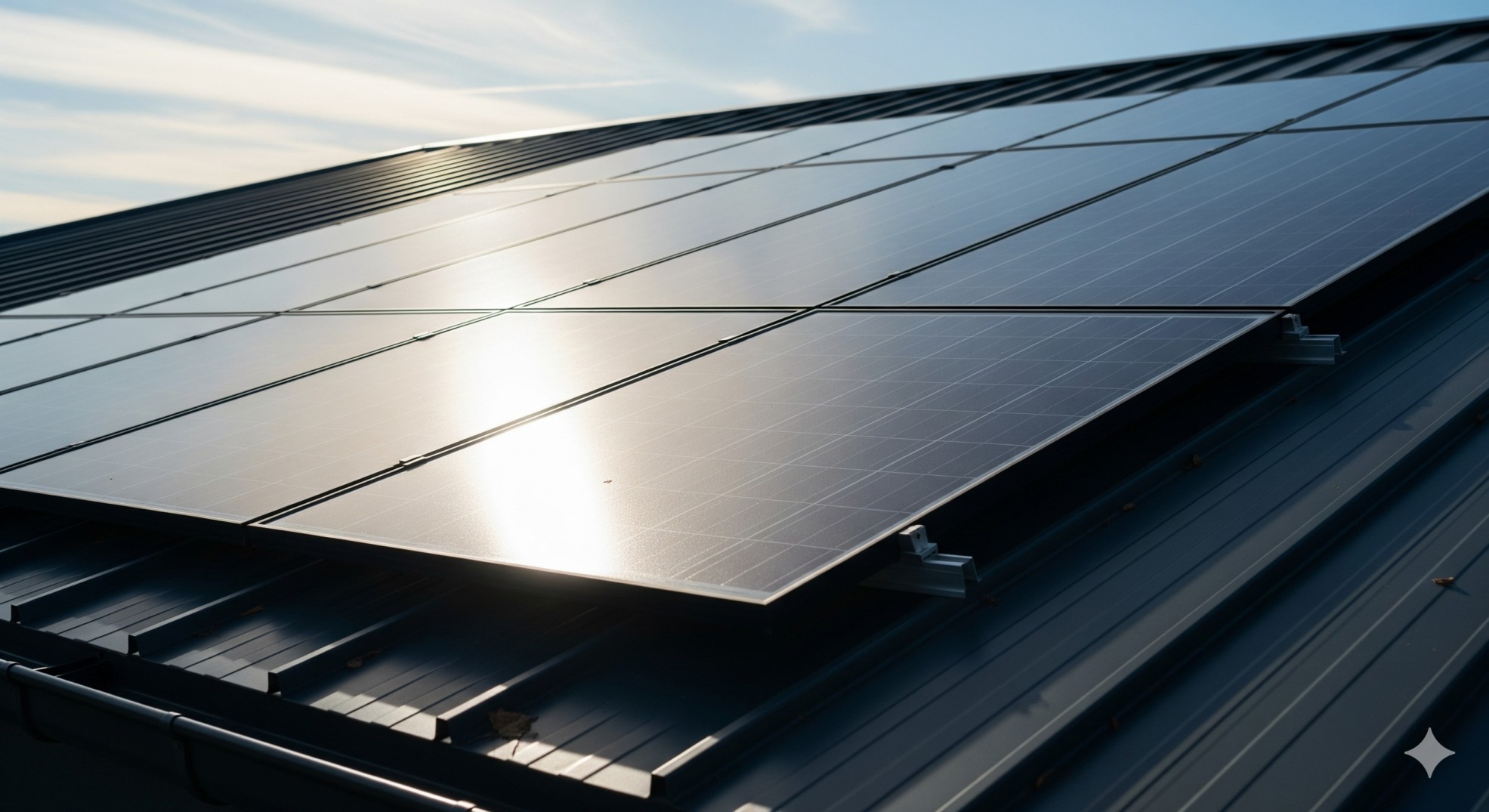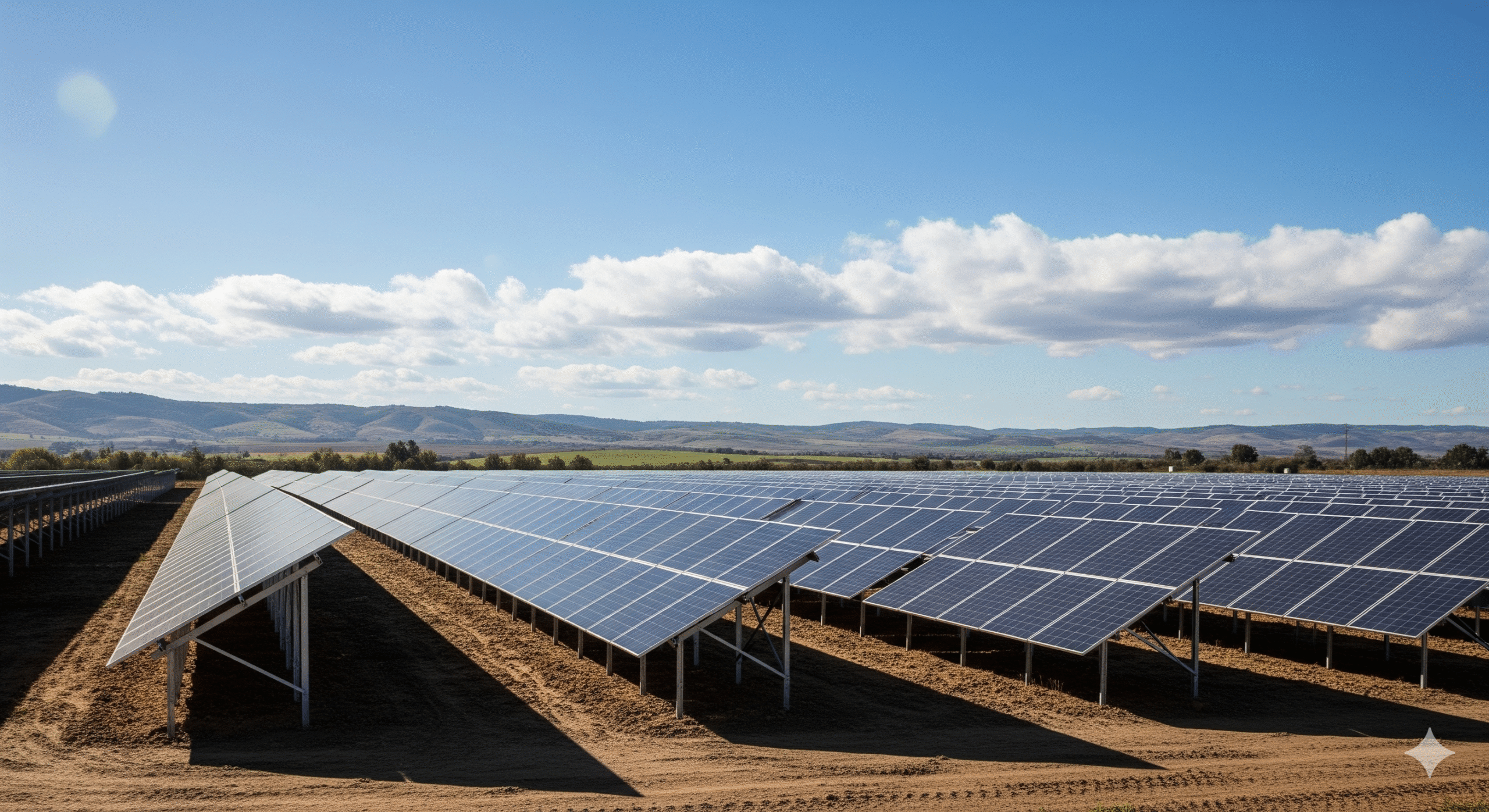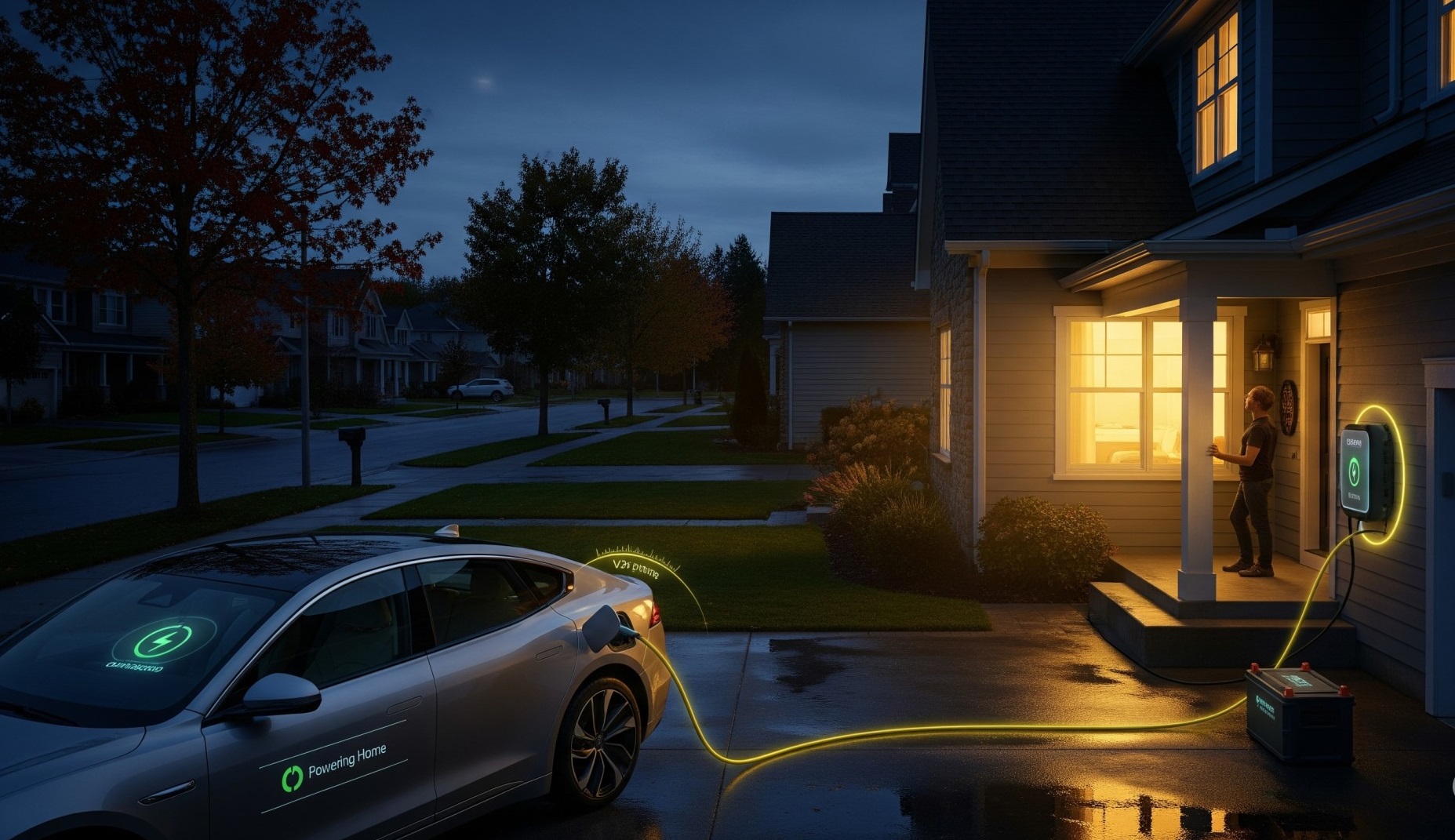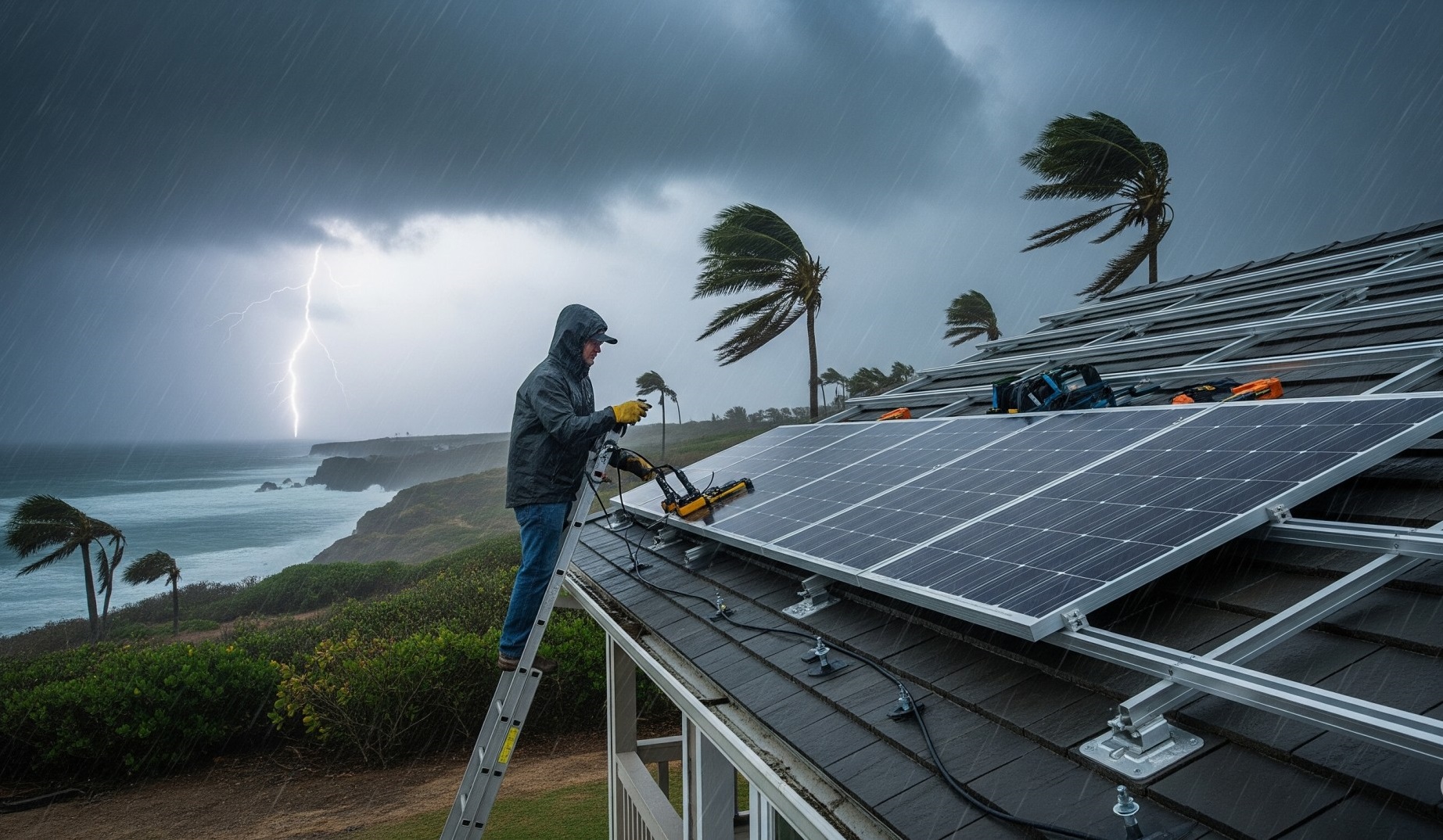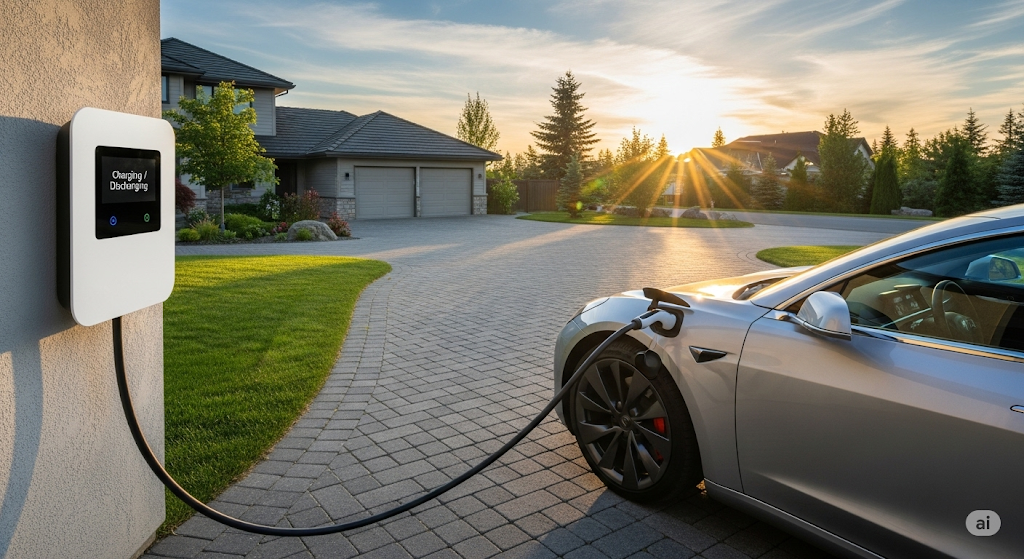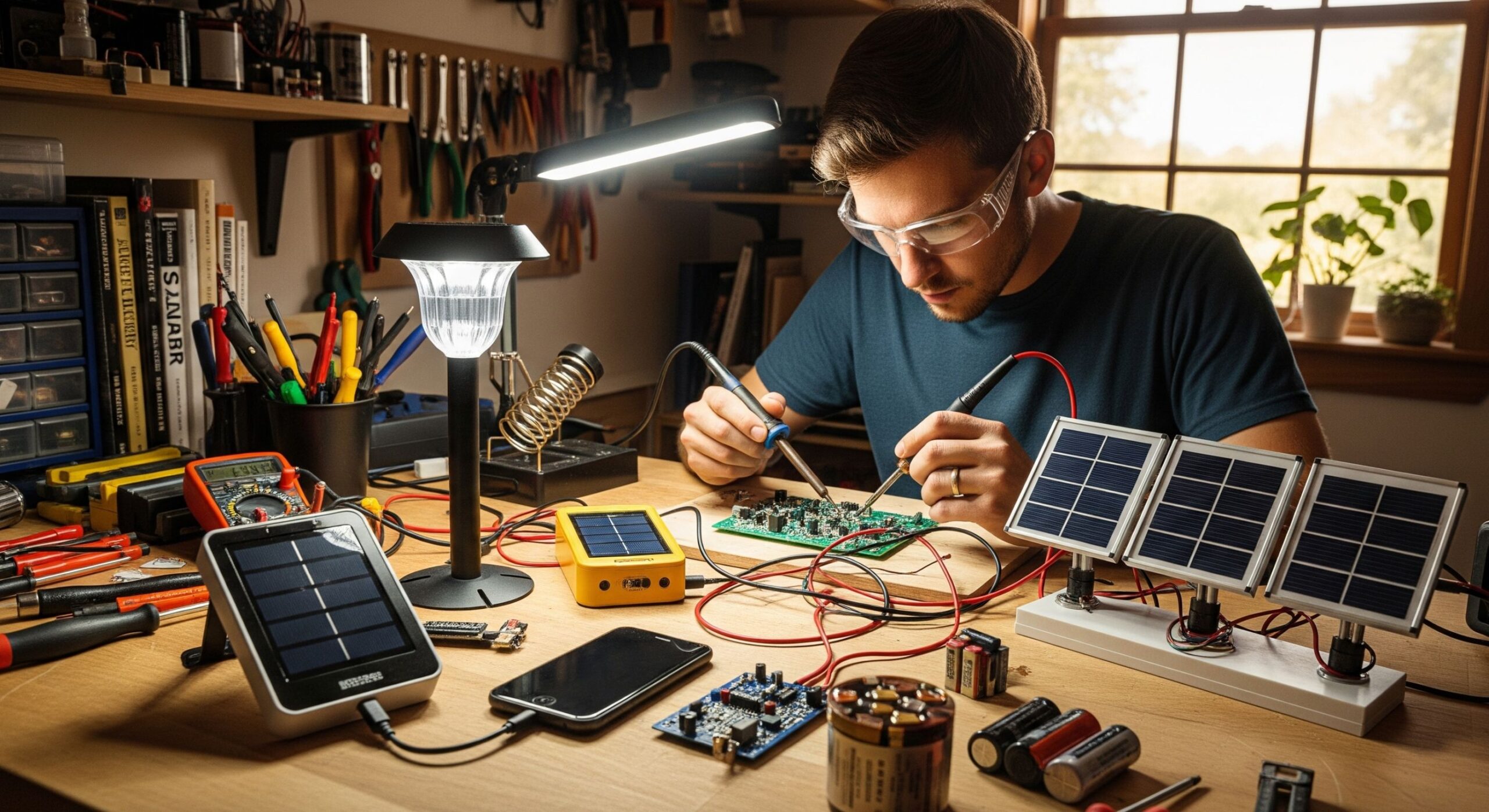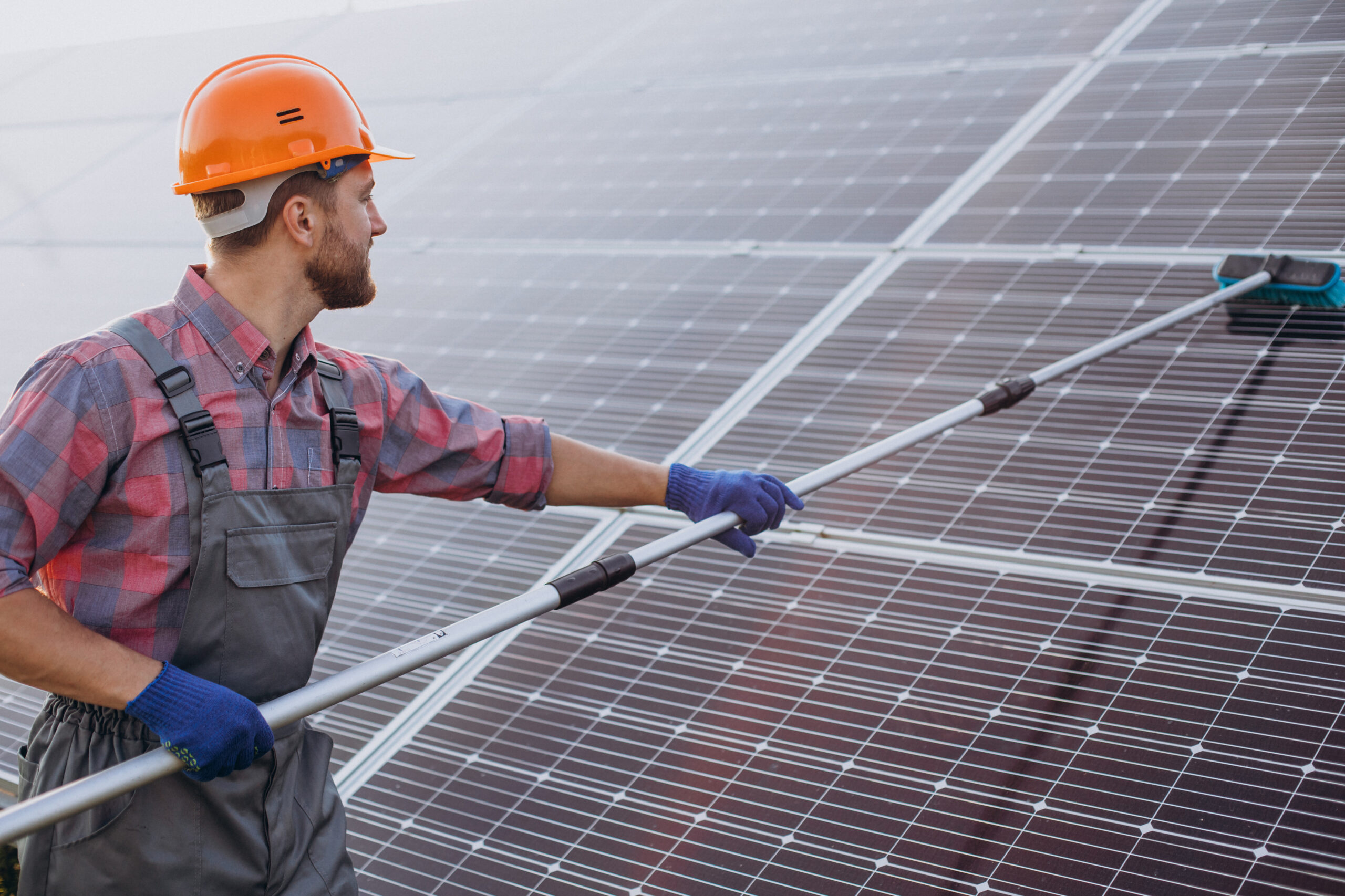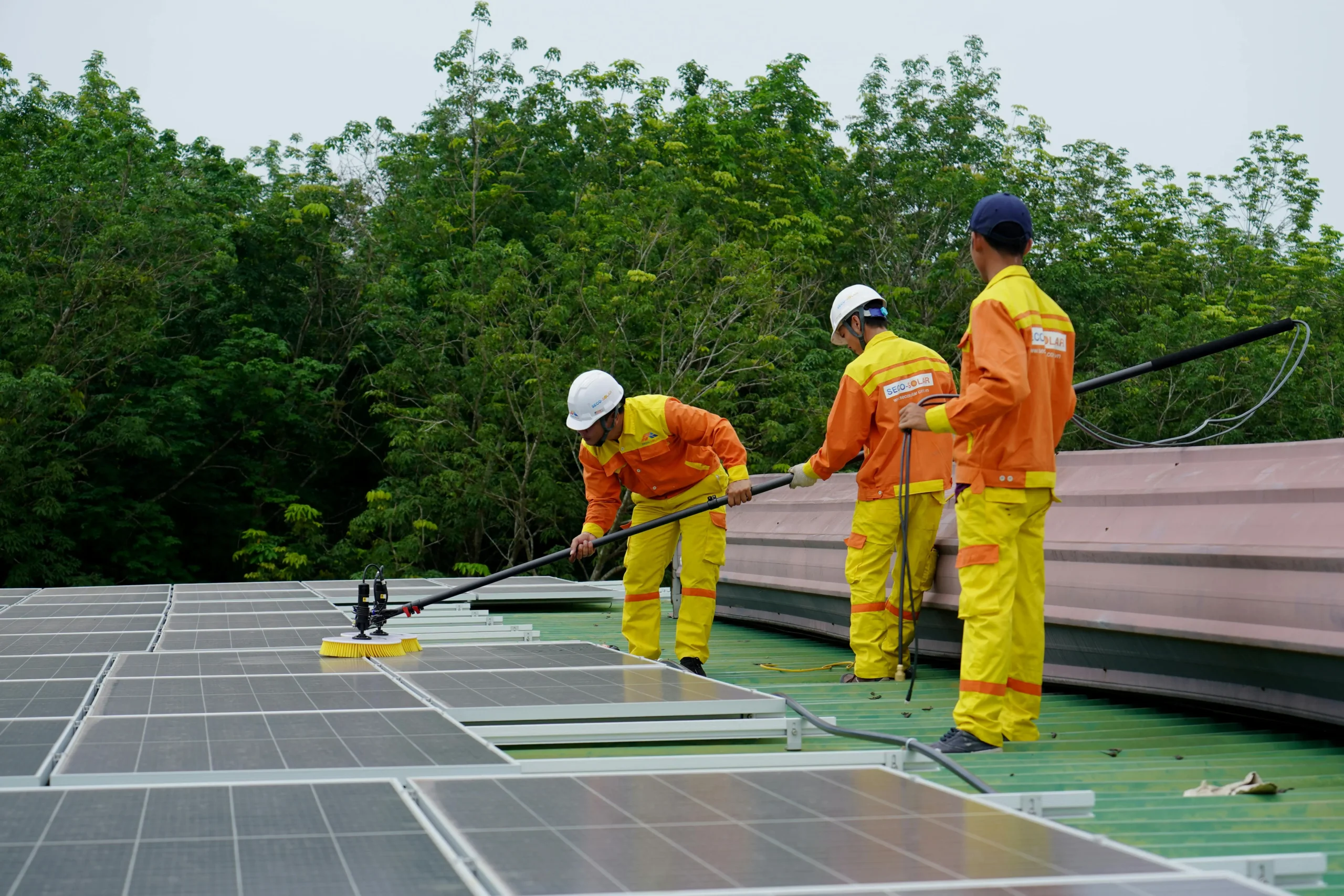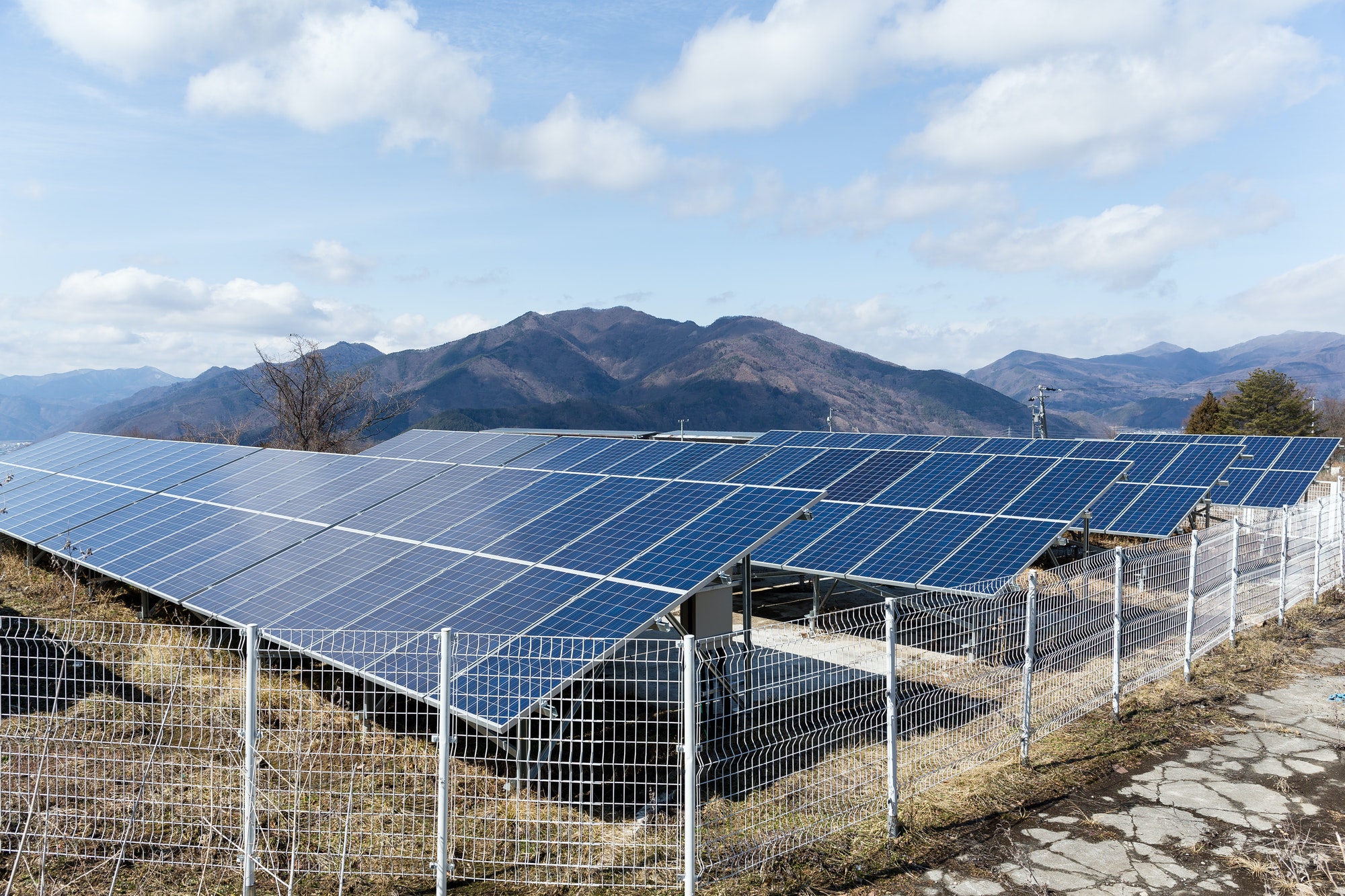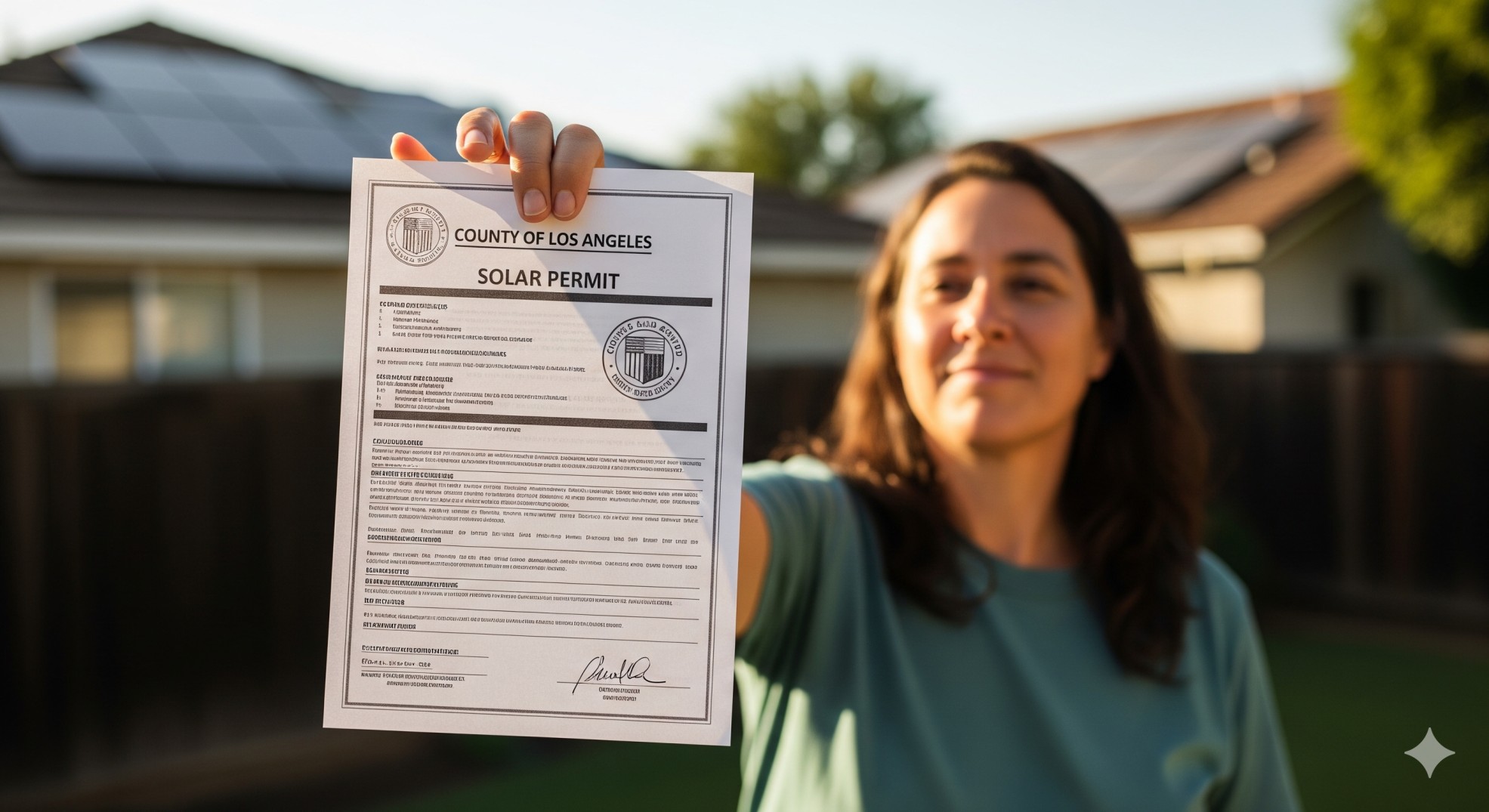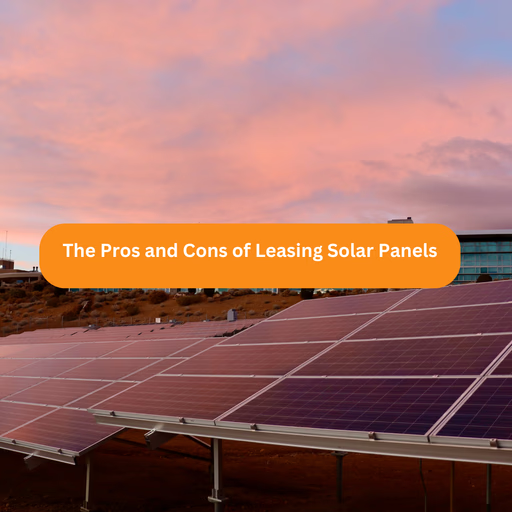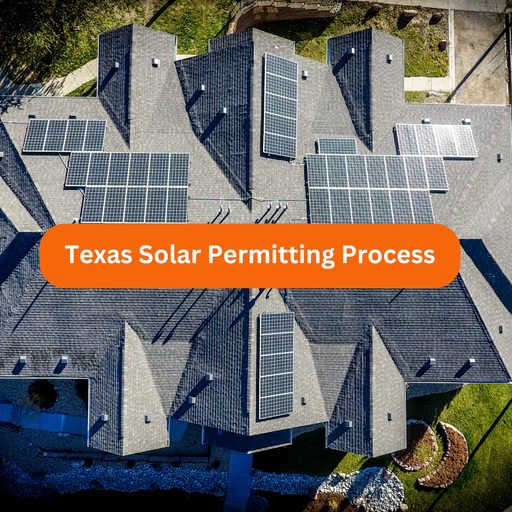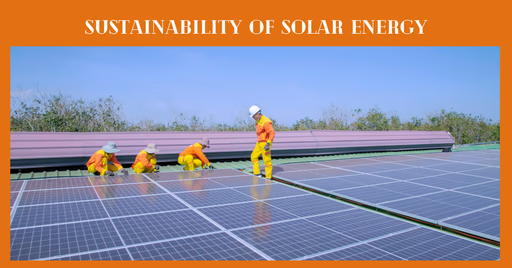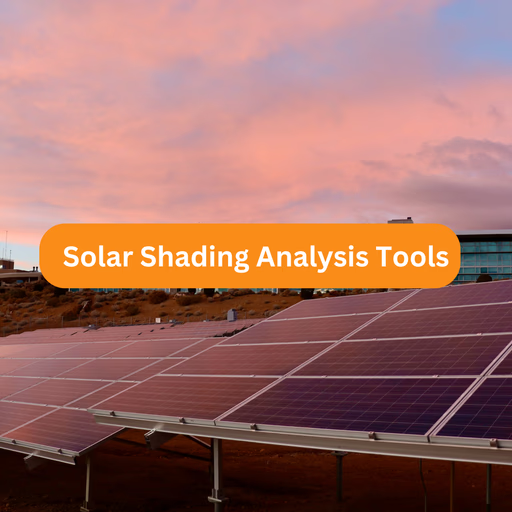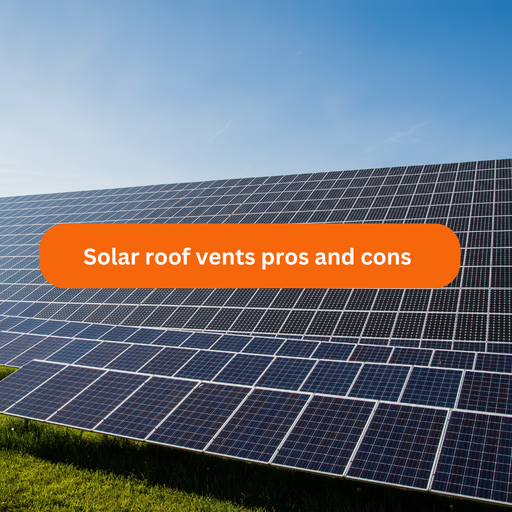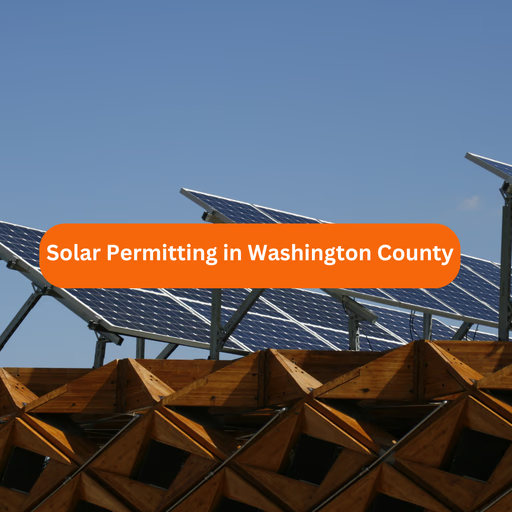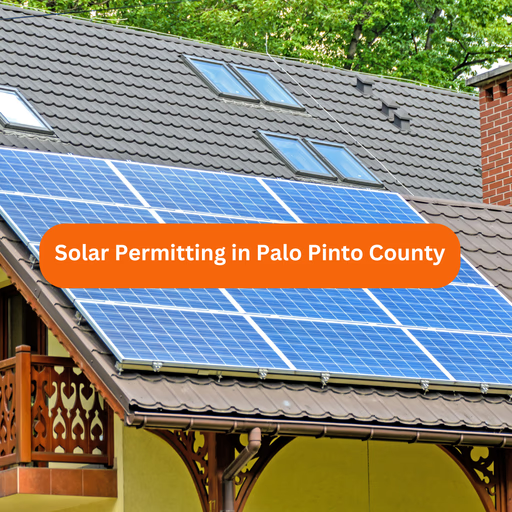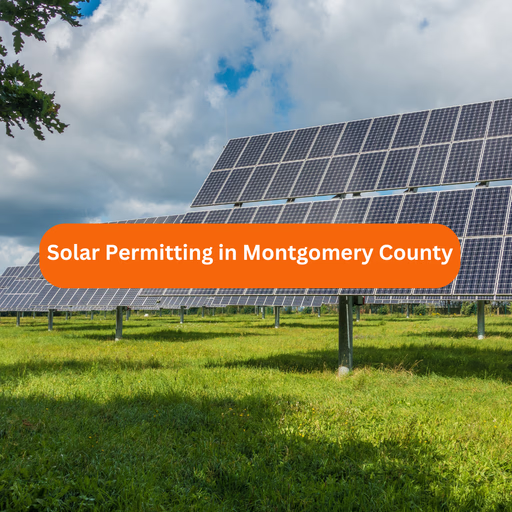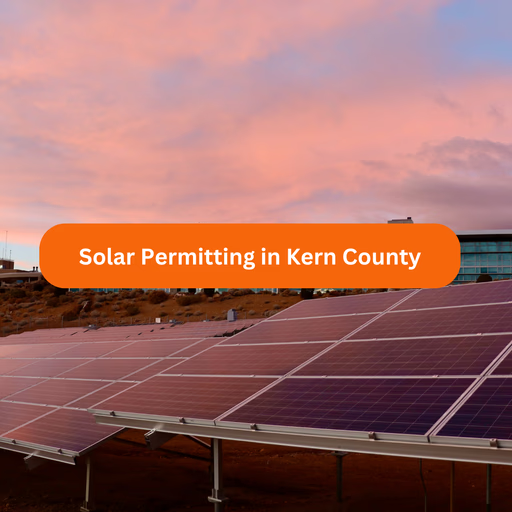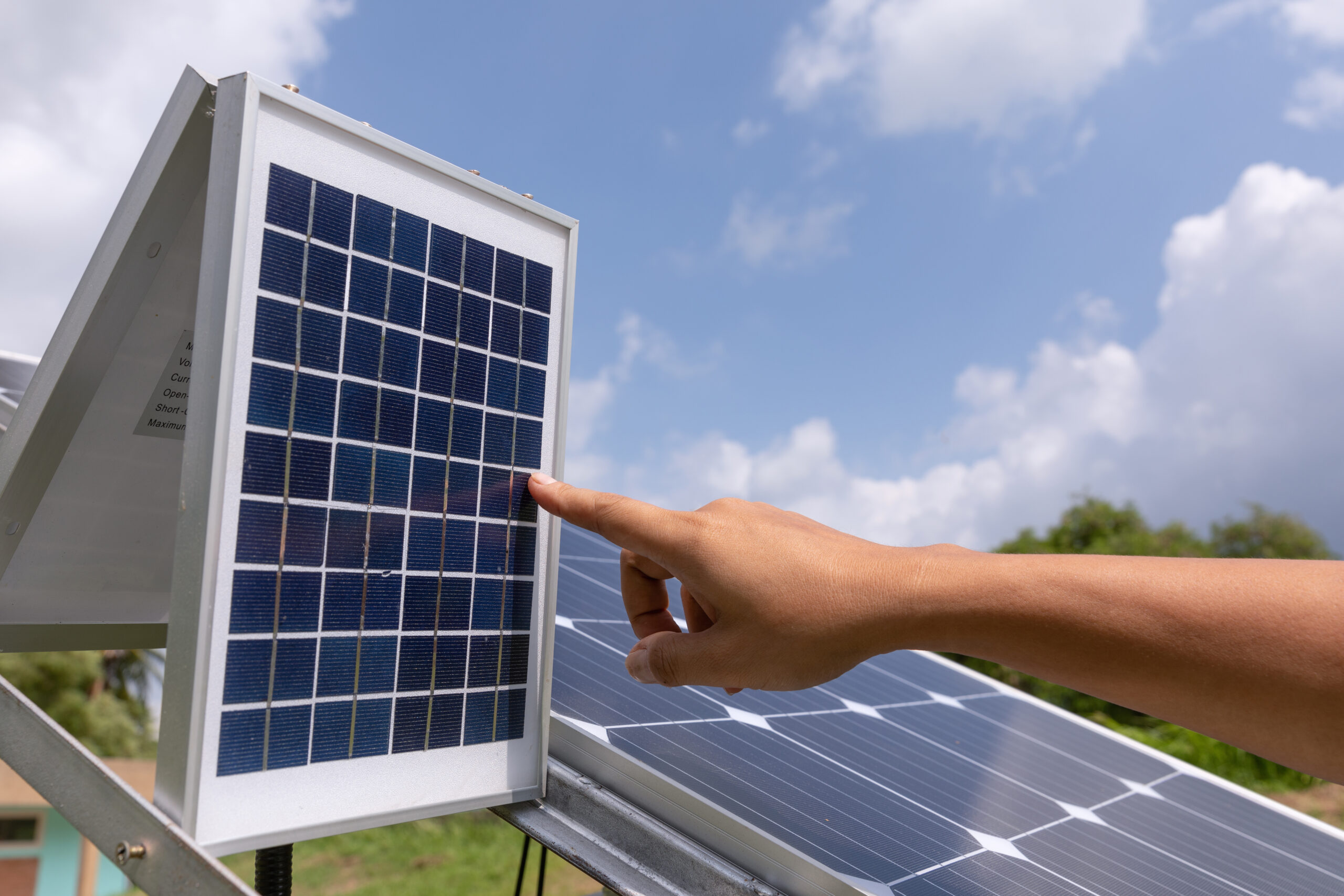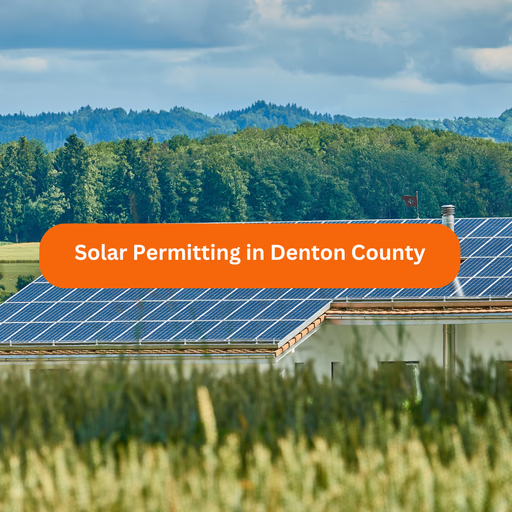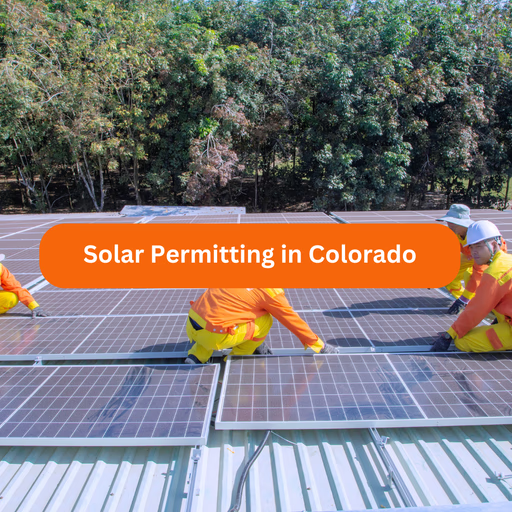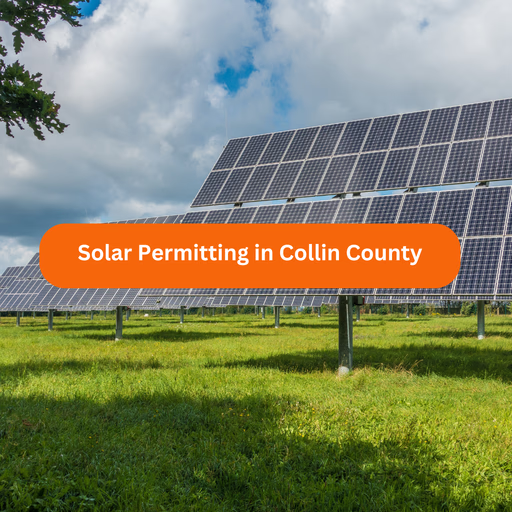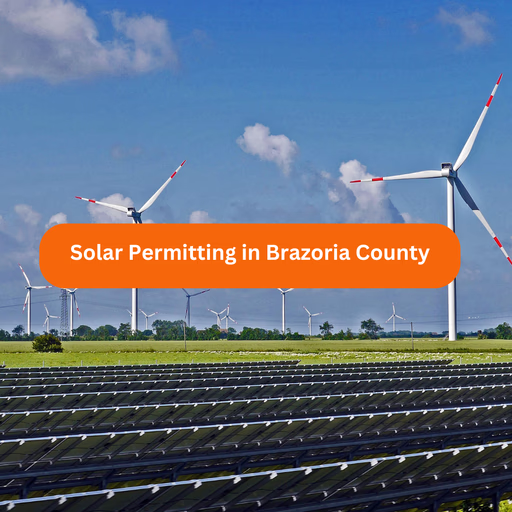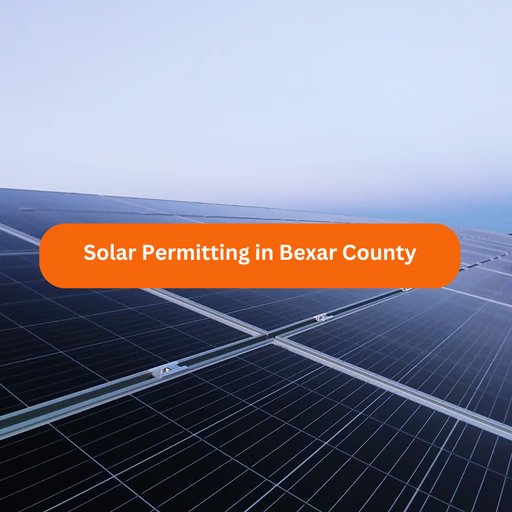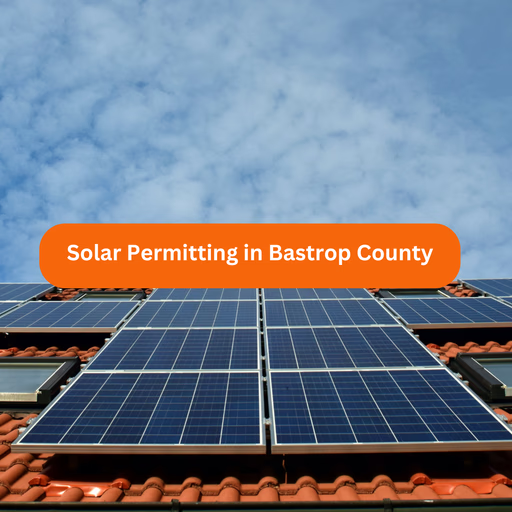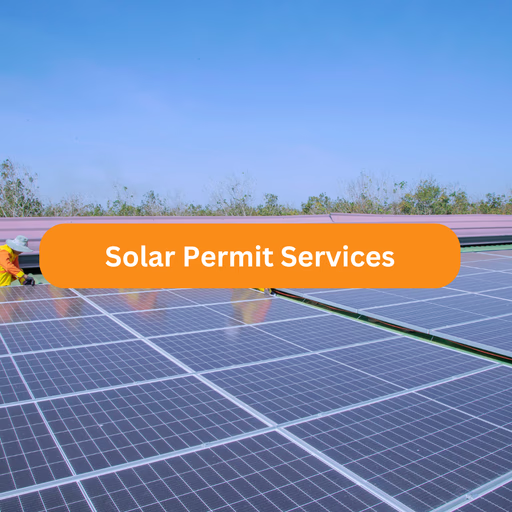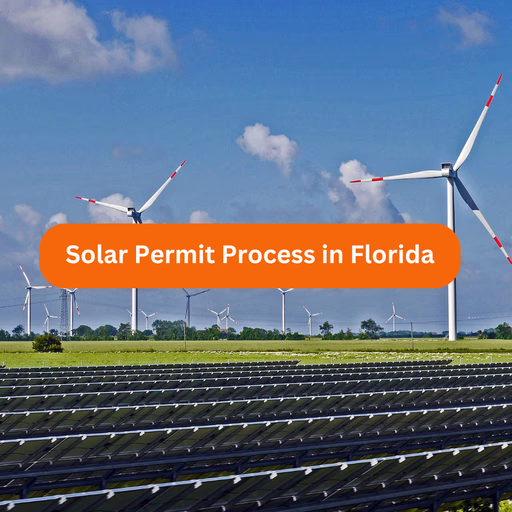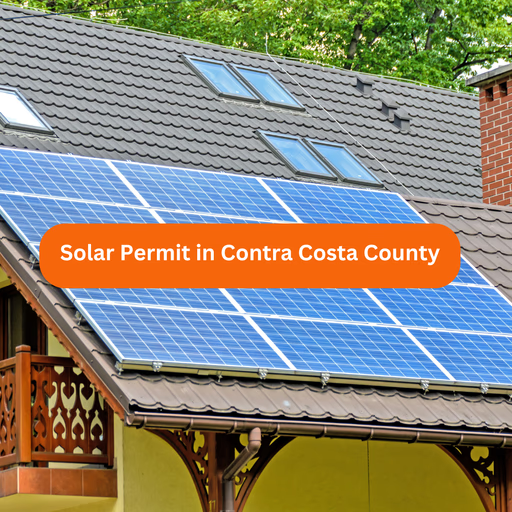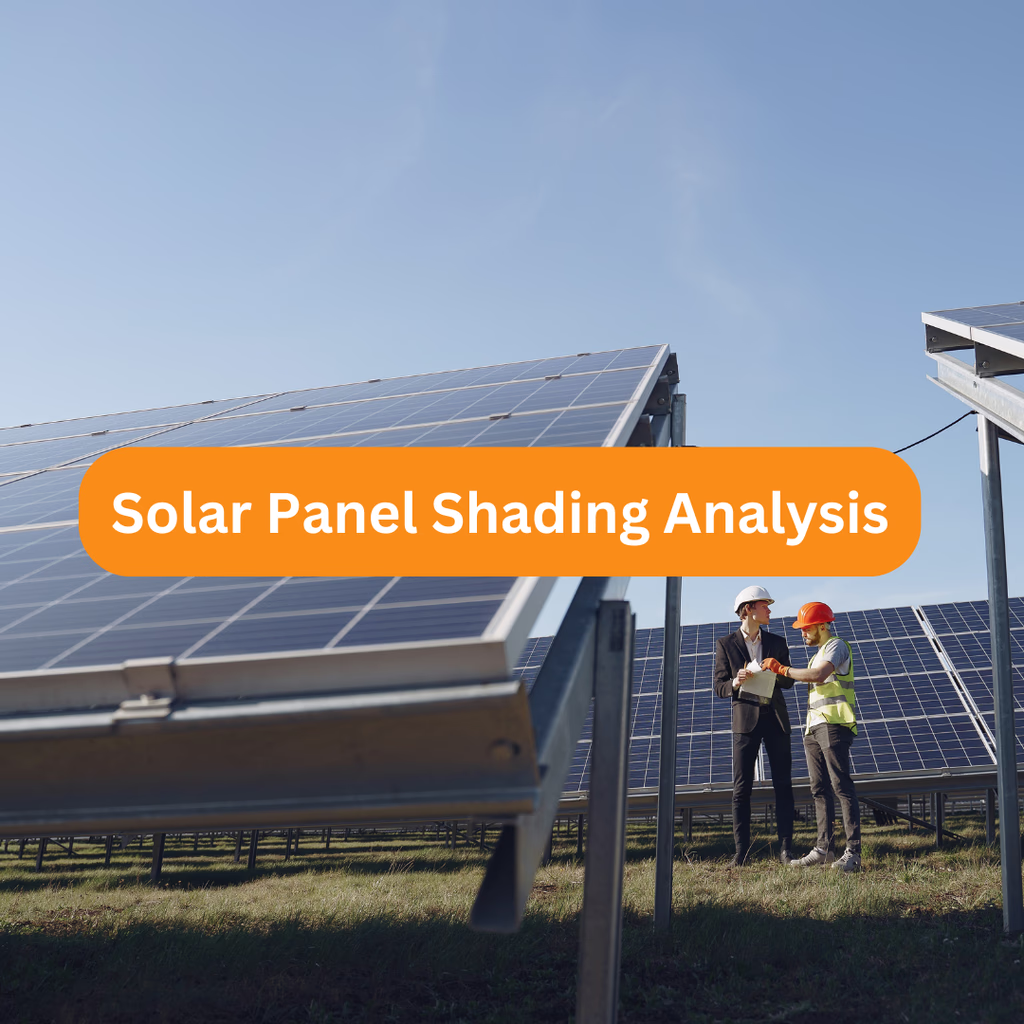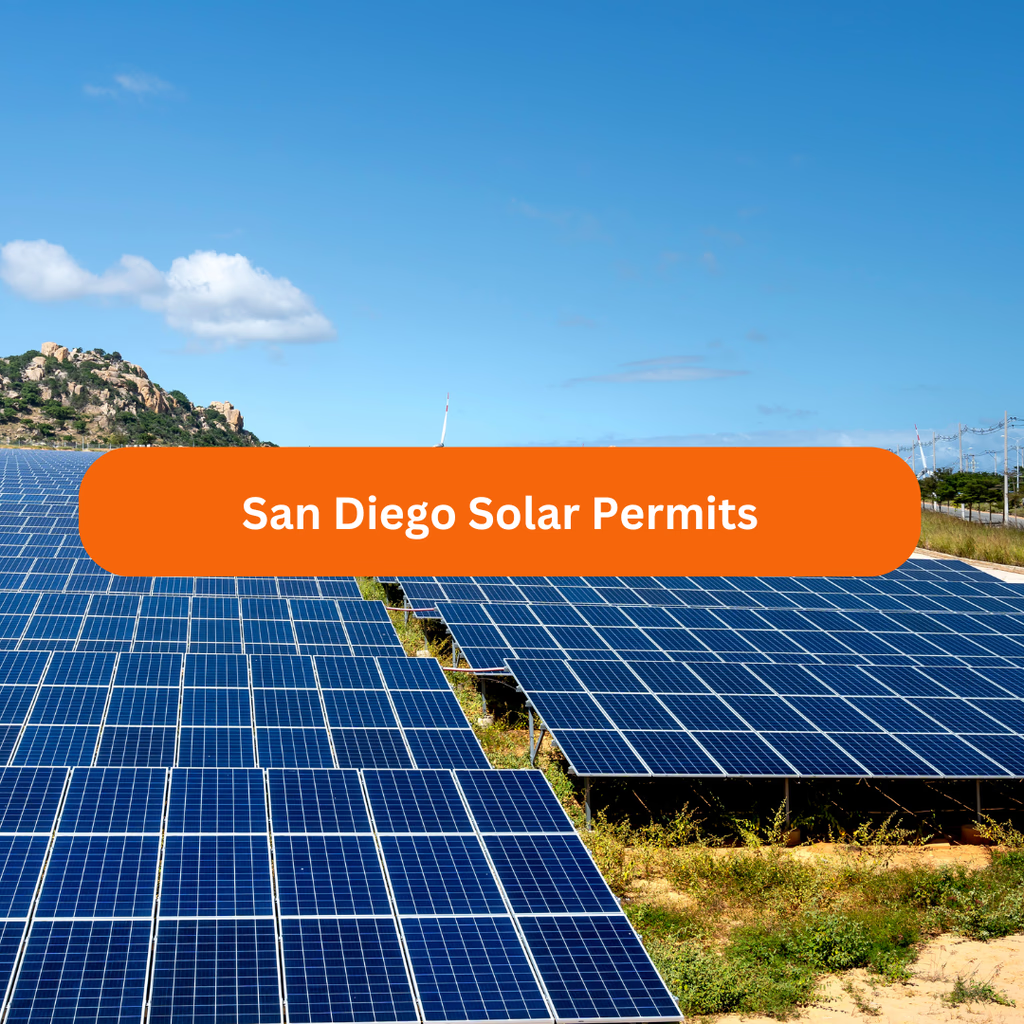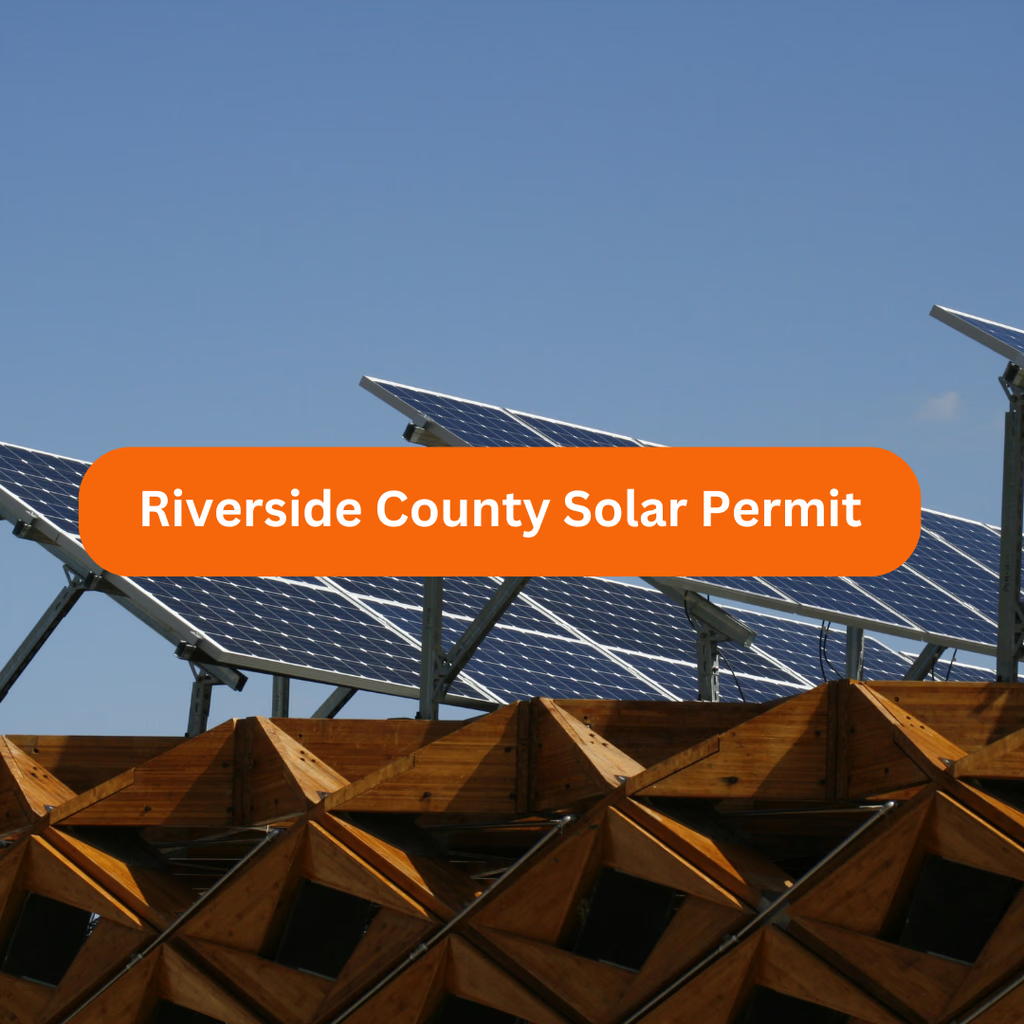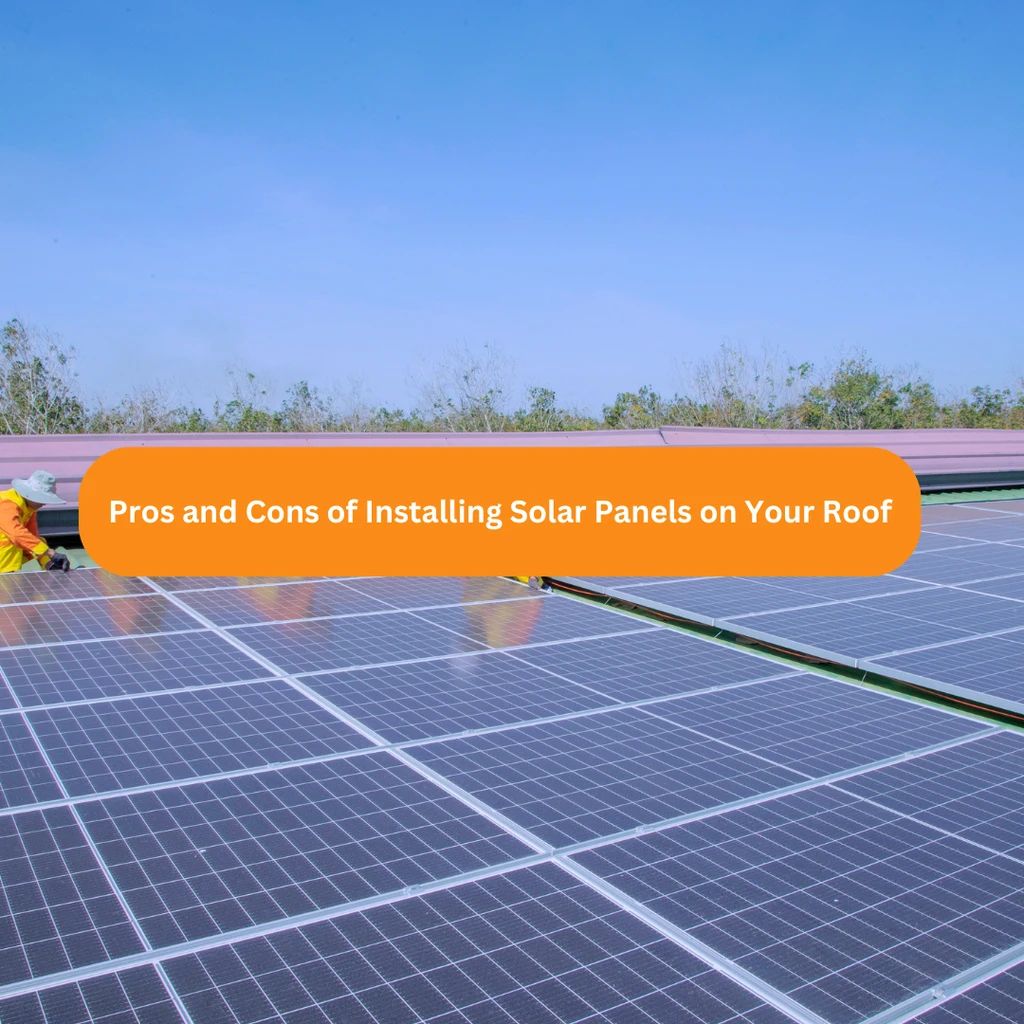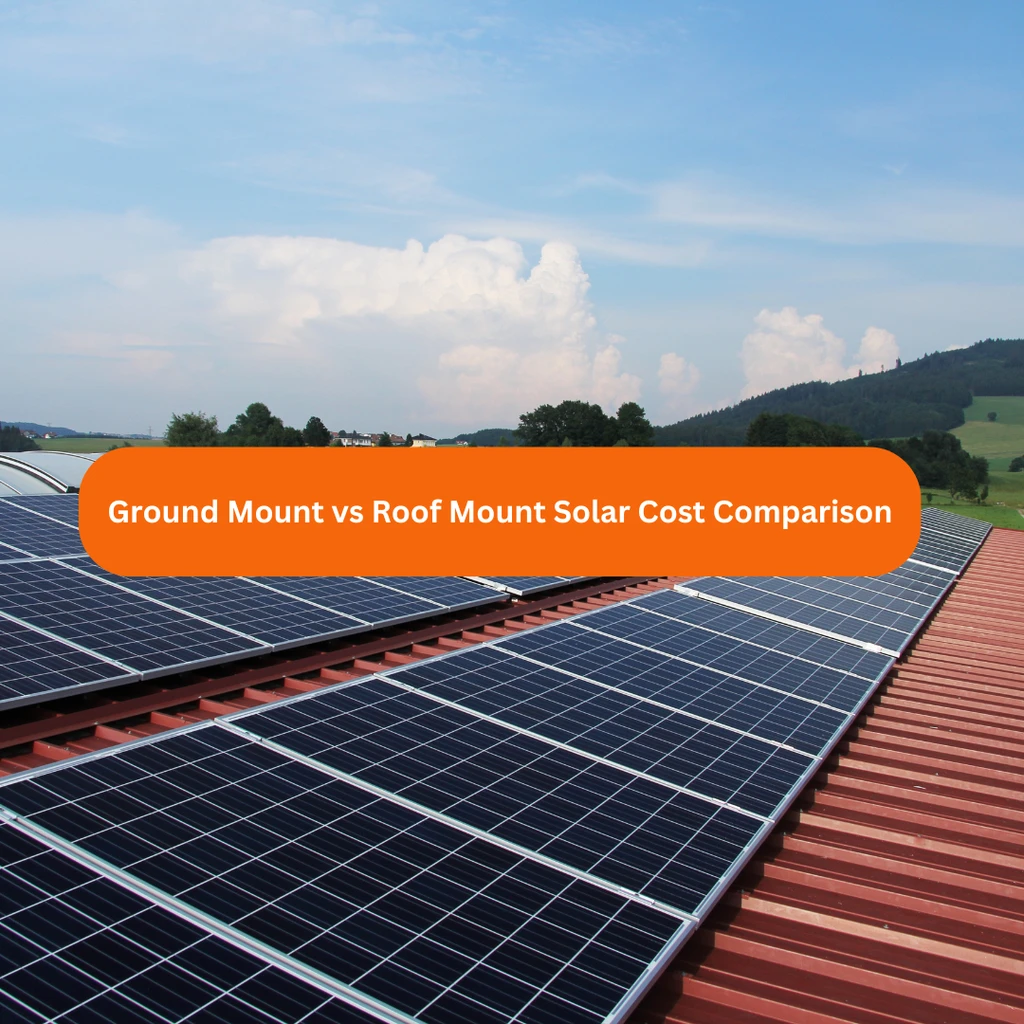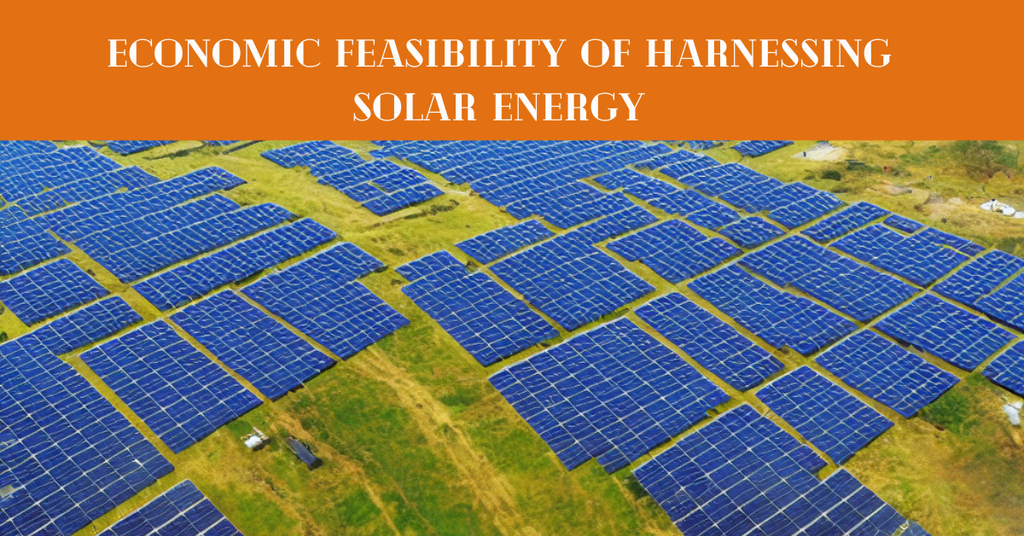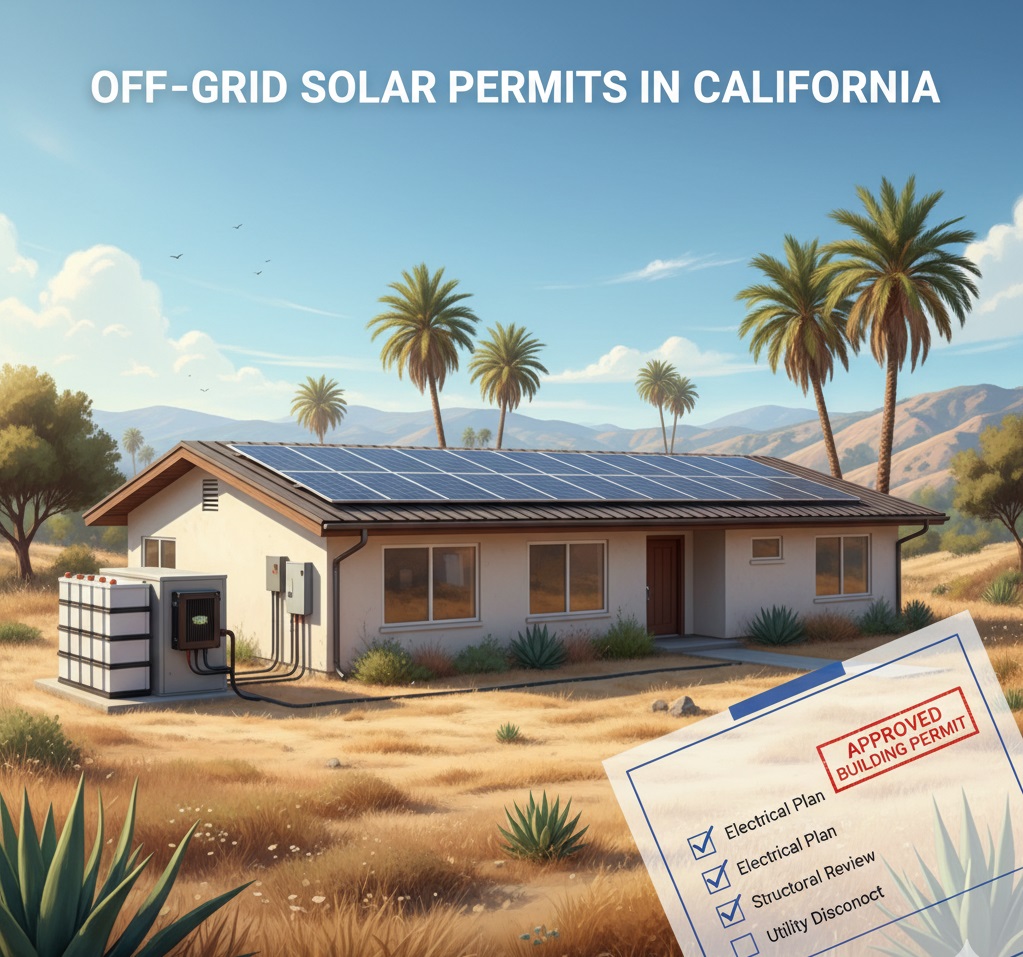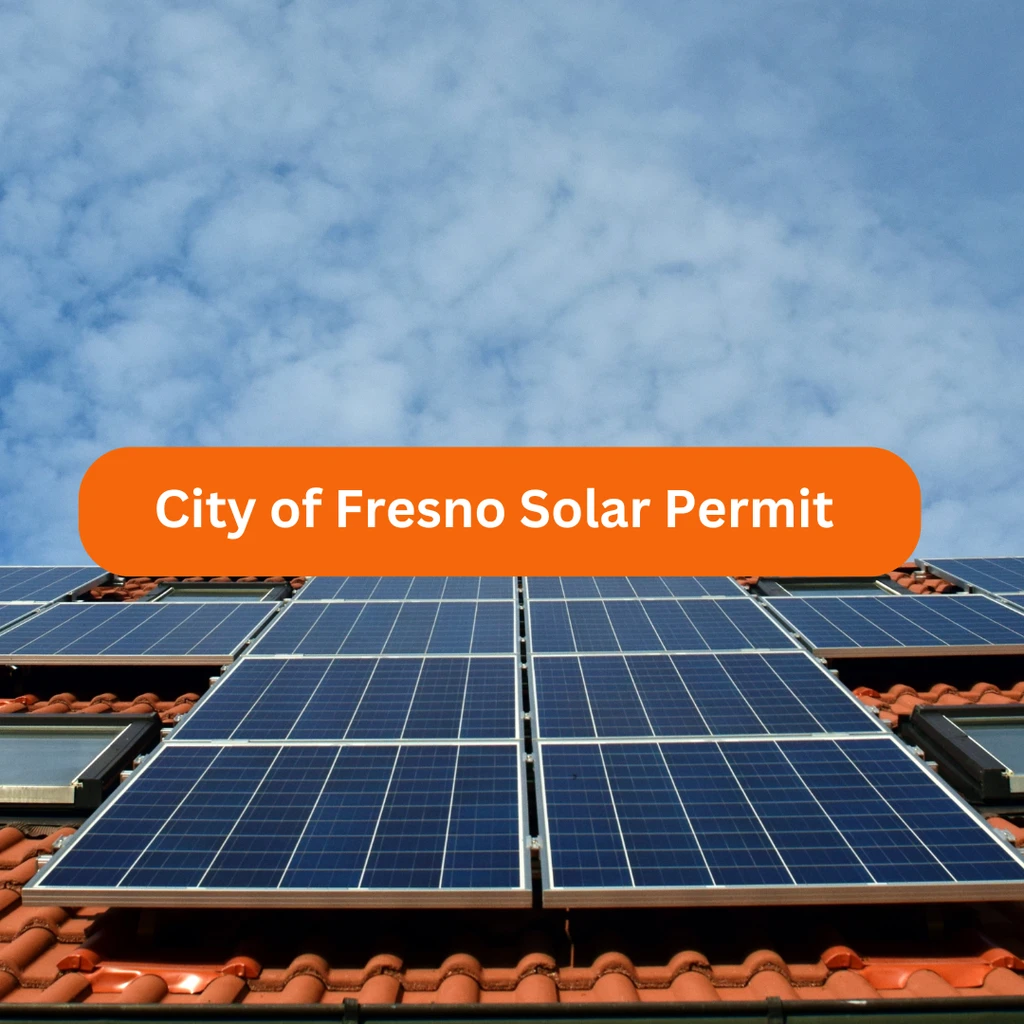Switching to solar is a big step toward energy independence and sustainability. But if you’ve just started exploring solar, you’ve probably come across two common terms: on grid vs off grid solar.
At first, they might sound confusing. Don’t worry — we’ll break it down in simple language so you can easily understand the difference and choose what’s right for your home or business.
What Is an On Grid Solar System?
An on grid solar system (also called a grid-tied system) is the most common type of solar installation in the U.S. With this setup:
- Your solar panels generate electricity during the day.
- Any extra electricity you don’t use goes back to the power grid.
- When the sun isn’t shining (like at night), you can pull electricity from the grid.
Most homes use an on grid solar panel setup because it allows for net metering. That means when you send extra energy to the grid, you get credit from your utility company. It helps lower your monthly electricity bill significantly.
✅ Best for: Homes and businesses in cities or suburbs with reliable access to the utility grid.
What Is an Off Grid Solar System?
An off grid solar system is exactly what it sounds like — your home is completely independent of the utility grid. With this type of system:
- Your off grid solar panels generate power.
- Energy is stored in large solar batteries for later use.
- You rely fully on your solar setup (and possibly a backup generator).
Because you’re not connected to the grid, you won’t get utility bills — but you also need to make sure your system can produce and store enough energy for your needs, even during cloudy days or long winters.
✅ Best for: Remote locations, cabins, farms, or places where connecting to the utility grid is too expensive or impossible.
On Grid vs Off Grid Solar: Key Differences
| Feature | On Grid Solar System | Off Grid Solar System |
| Connection | Tied to the utility grid | Independent from the utility grid |
| Power Backup | No backup without batteries (grid acts as backup) | Requires batteries or a generator for backup |
| Cost | Lower upfront cost (no batteries required) | Higher upfront cost (batteries + larger system) |
| Bills | Reduced electricity bills via net metering | No electricity bills at all |
| Reliability | Dependent on the grid; blackouts affect you unless you add batteries | Fully self-sufficient, but depends on solar + battery performance |
| Best For | Urban and suburban homes | Remote or off-grid living |
Which One Should You Choose?
The choice between on grid vs off grid solar depends on your lifestyle and location.
- If you live in the city and want to save money on energy bills, an on grid solar system is usually the smarter choice.
- If you live in a rural or remote area without reliable access to the power grid, an off grid solar system gives you independence and freedom.
Some homeowners even choose a hybrid solar system, which combines the benefits of both — staying connected to the grid while also having batteries for backup.
Benefits of Both Systems
On Grid Solar Panel Systems:
- Lower upfront costs
- Easy installation and maintenance
- Save money through net metering
Off Grid Solar Panel Systems:
- Total energy independence
- No electricity bills
- Great for remote areas with no grid access
Final Thoughts
When comparing on grid vs off grid solar, the right choice depends on your needs, budget, and location. Both options come with unique benefits: on grid solar saves money and works seamlessly in urban areas, while off grid solar provides true independence where the grid isn’t available.
No matter which path you choose, solar energy is a powerful step toward a cleaner, more sustainable future.
❓ FAQ: On Grid vs Off Grid Solar
Q1: Which is cheaper, on grid or off grid solar?
On grid solar is cheaper upfront because it doesn’t require expensive batteries. Off grid systems cost more but eliminate utility bills entirely.
Q2: Do on grid solar panels work during a power outage?
No. For safety reasons, on grid solar panels shut down during blackouts unless you add battery storage.
Q3: How many batteries do I need for an off grid solar system?
That depends on your energy usage. Most off grid homes need multiple high-capacity batteries to power essentials overnight and during cloudy days.
Q4: Can I switch from on grid to off grid later?
Yes, but it requires adding batteries, inverters, and sometimes upgrading your panels. It’s easier to plan your system with your long-term goals in mind.
Q5: What’s the most popular option in the U.S.?
Most homeowners choose on grid solar systems because of lower costs, net metering benefits, and easier maintenance.
